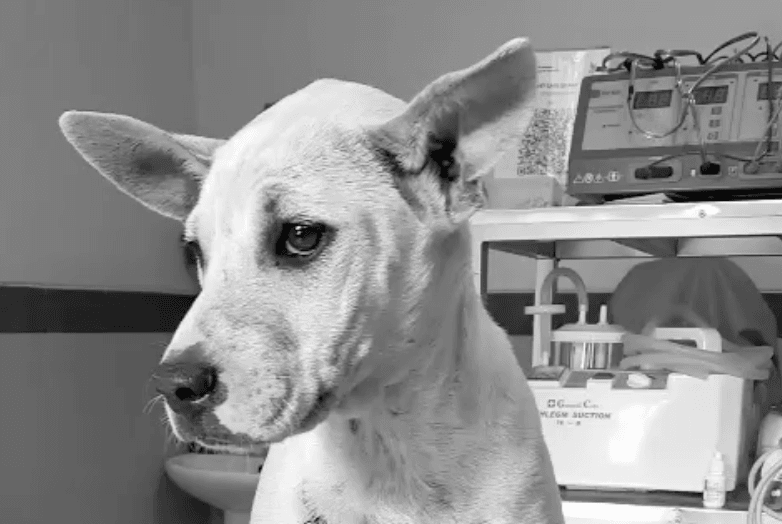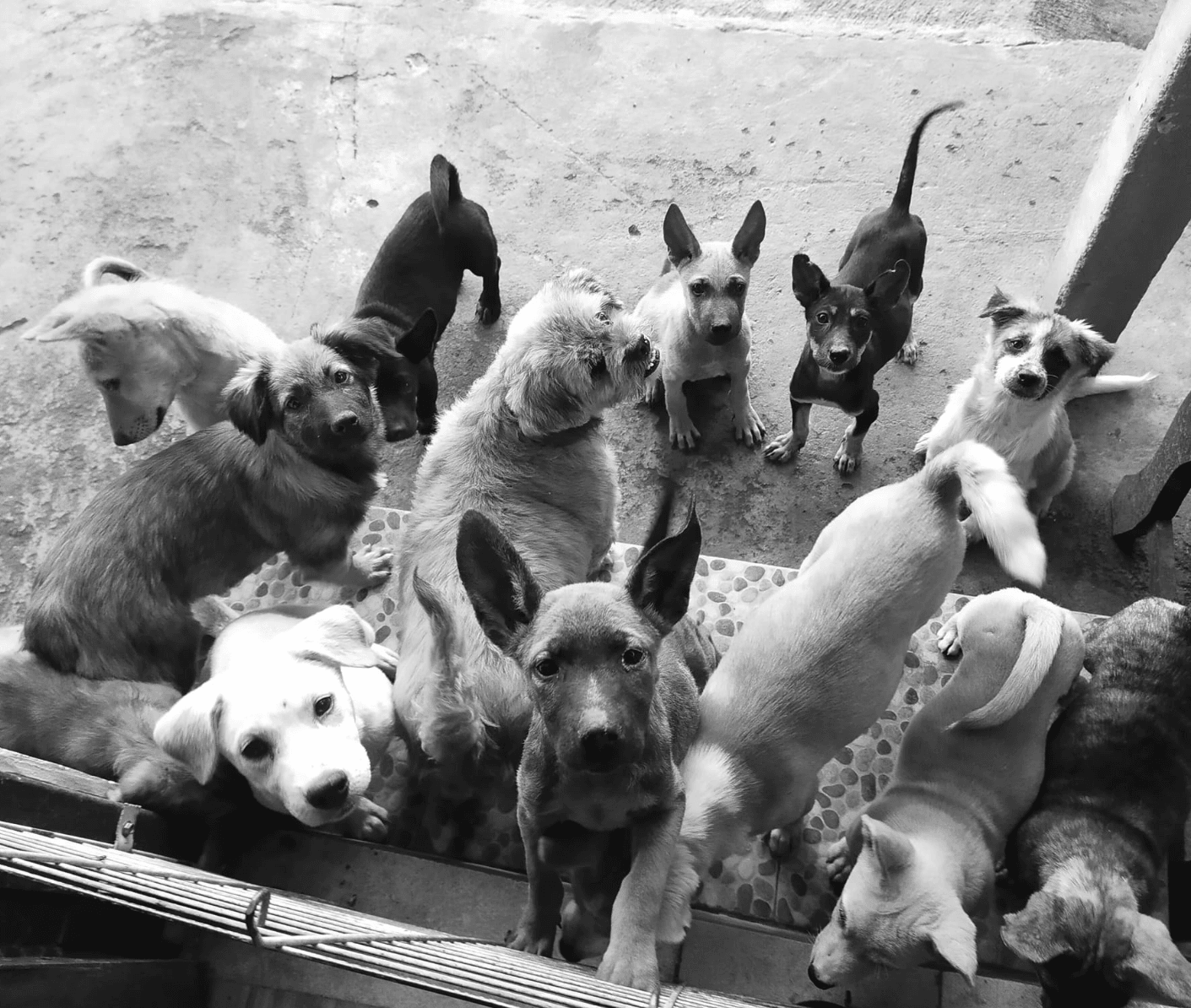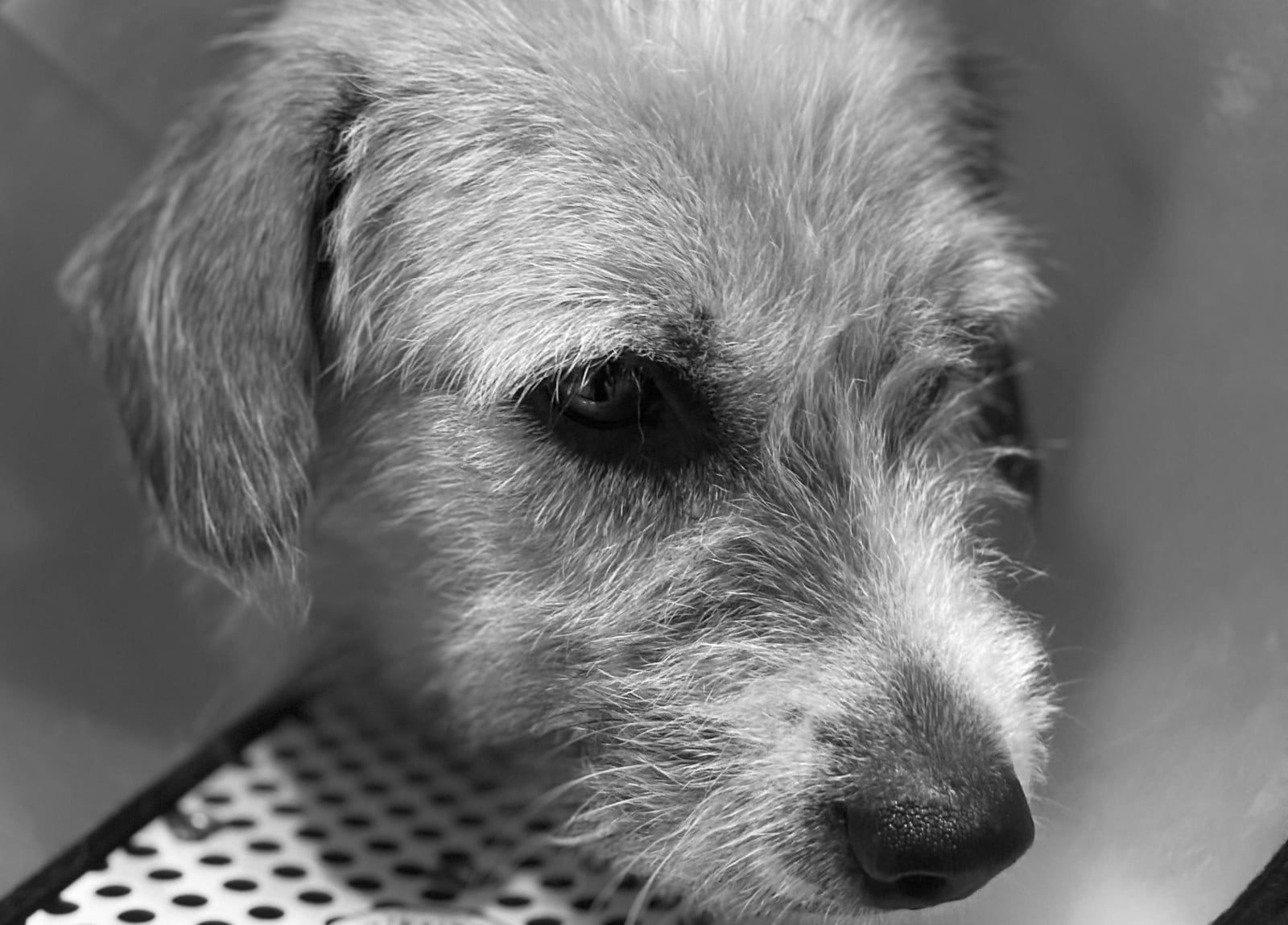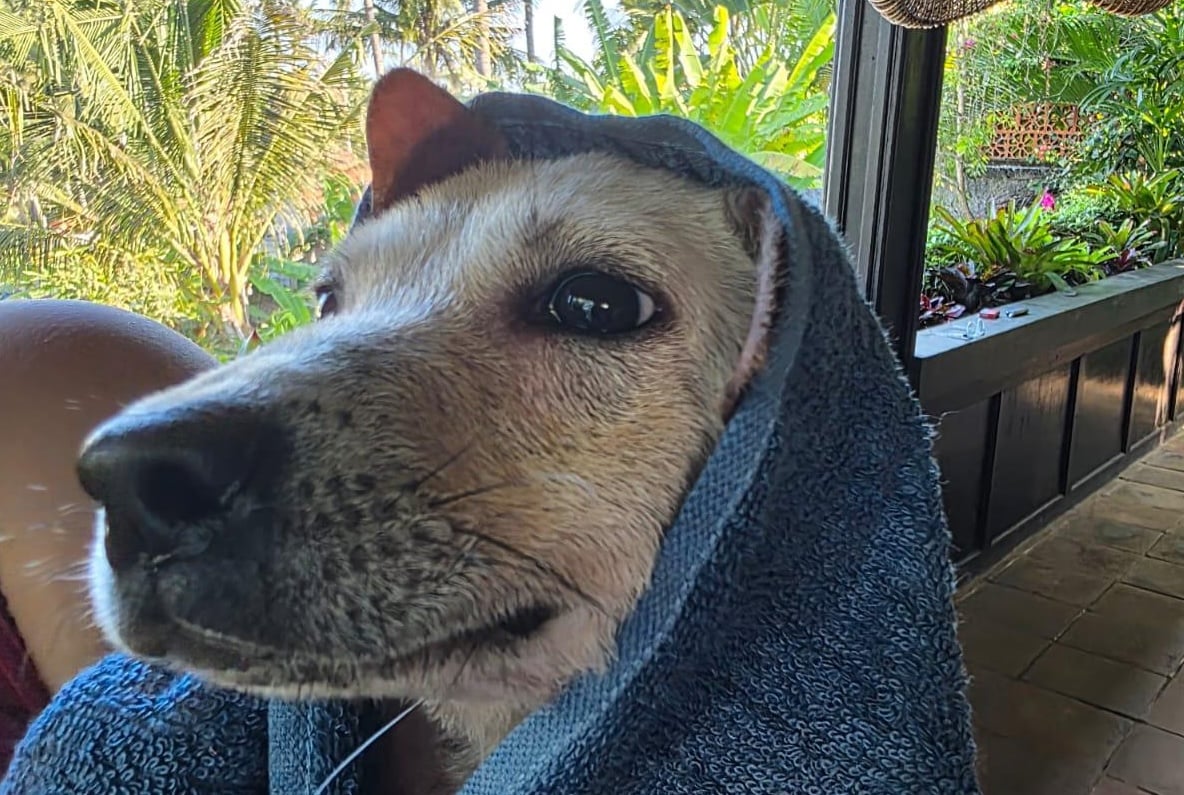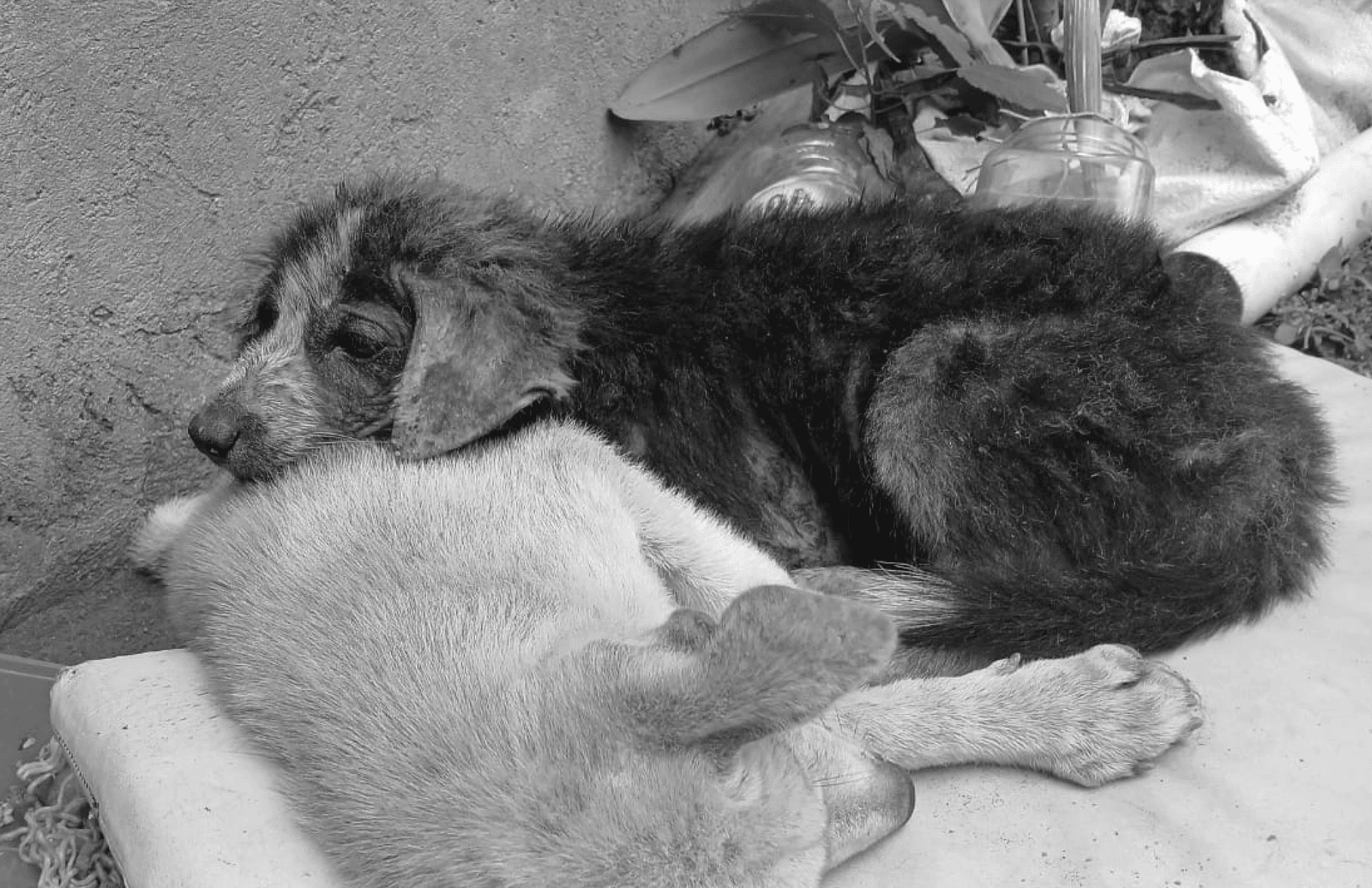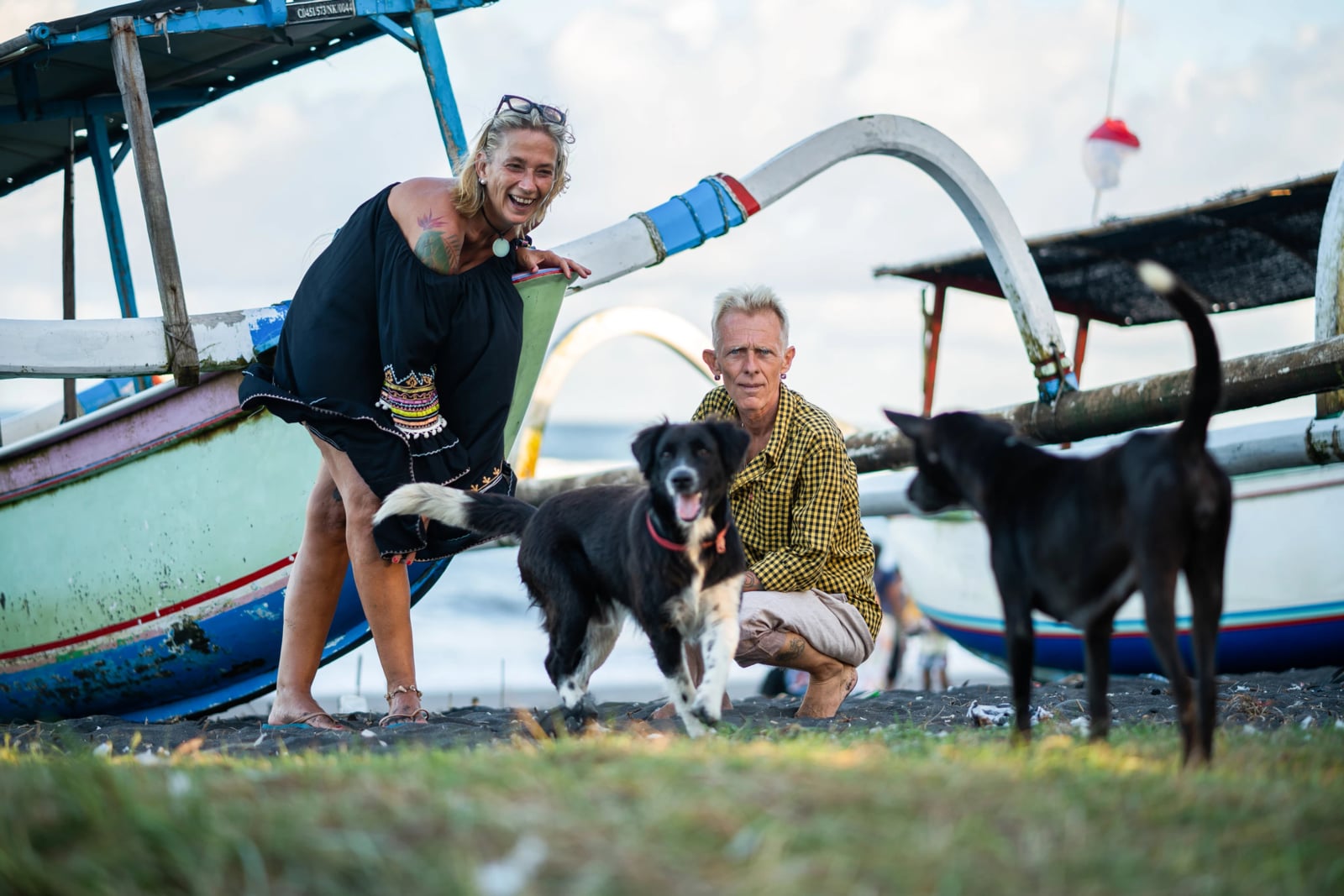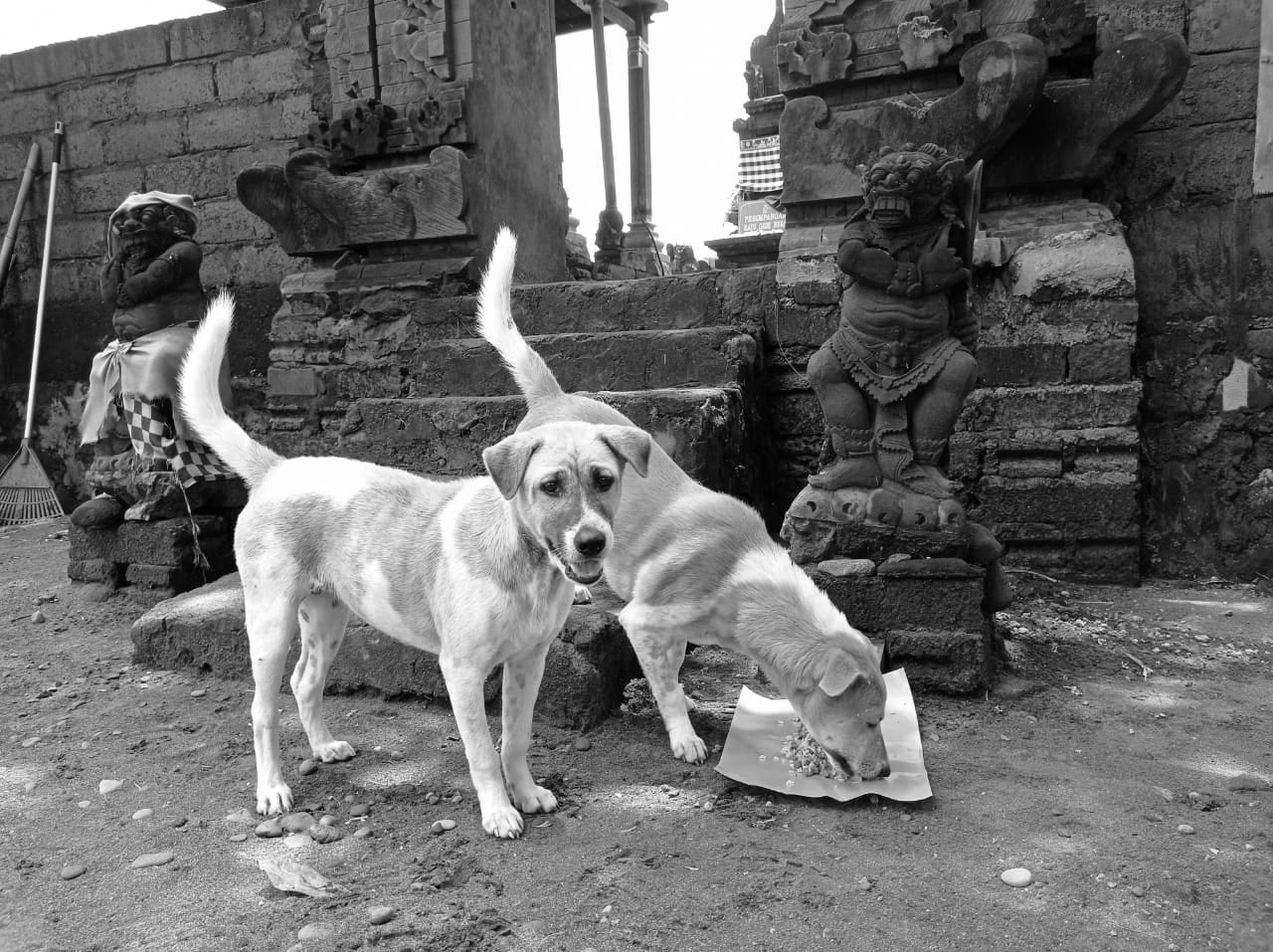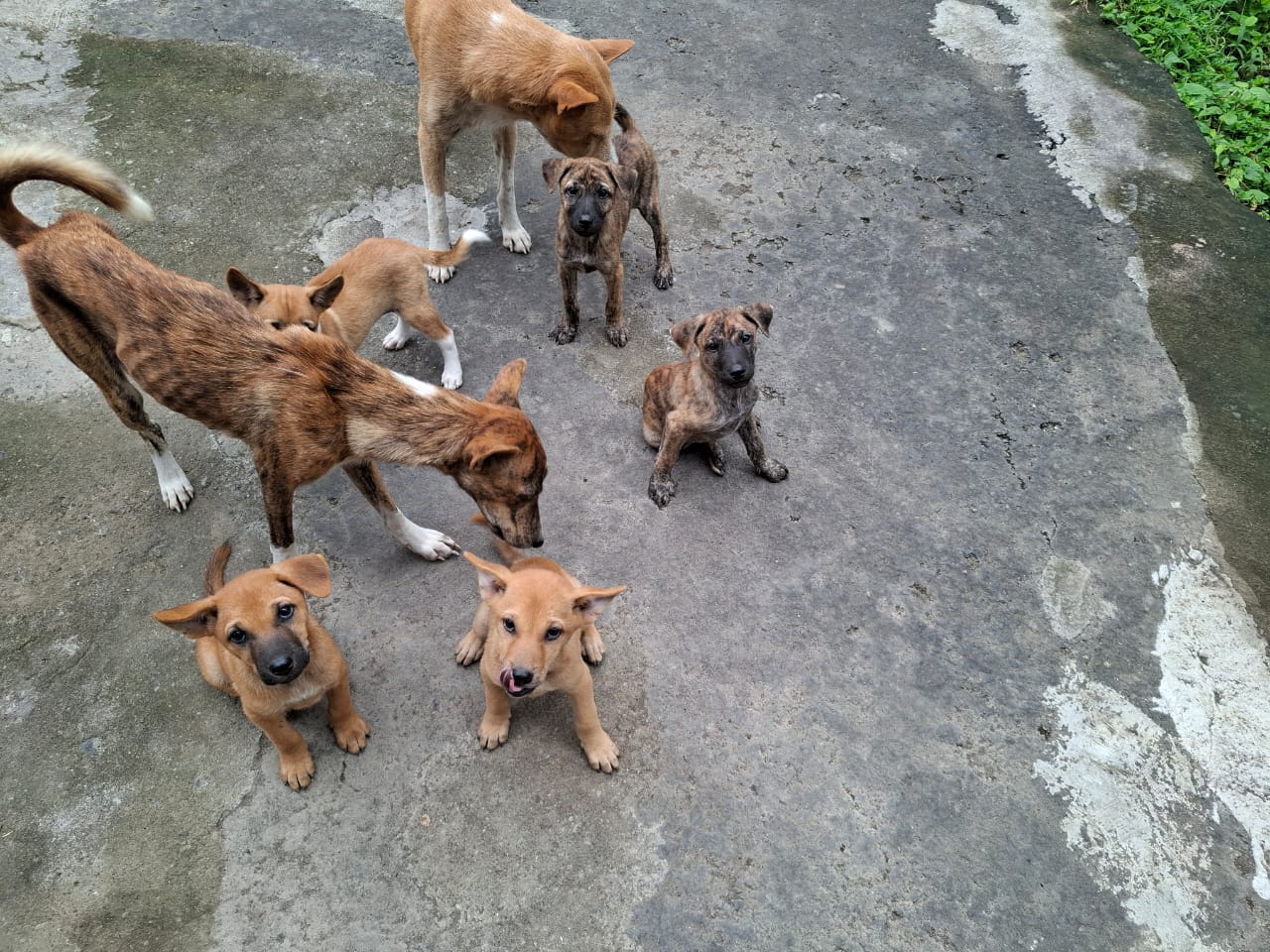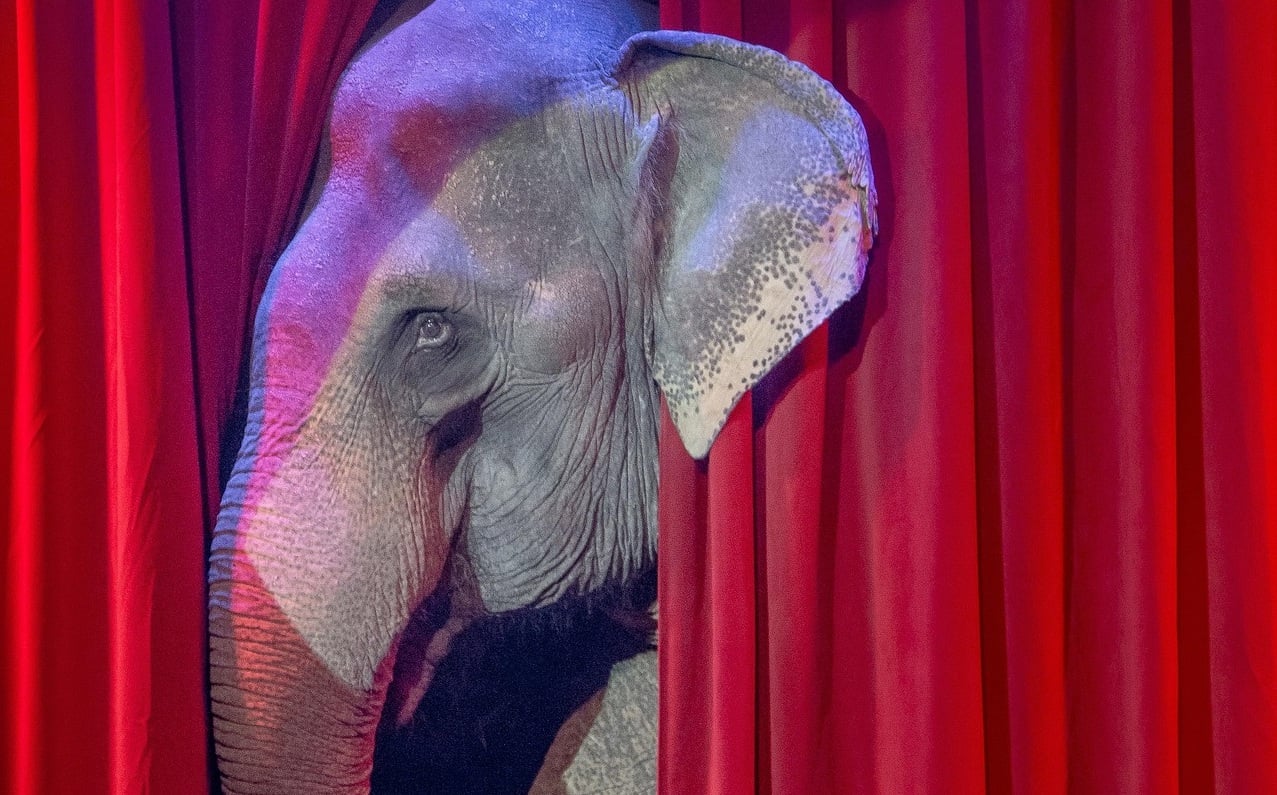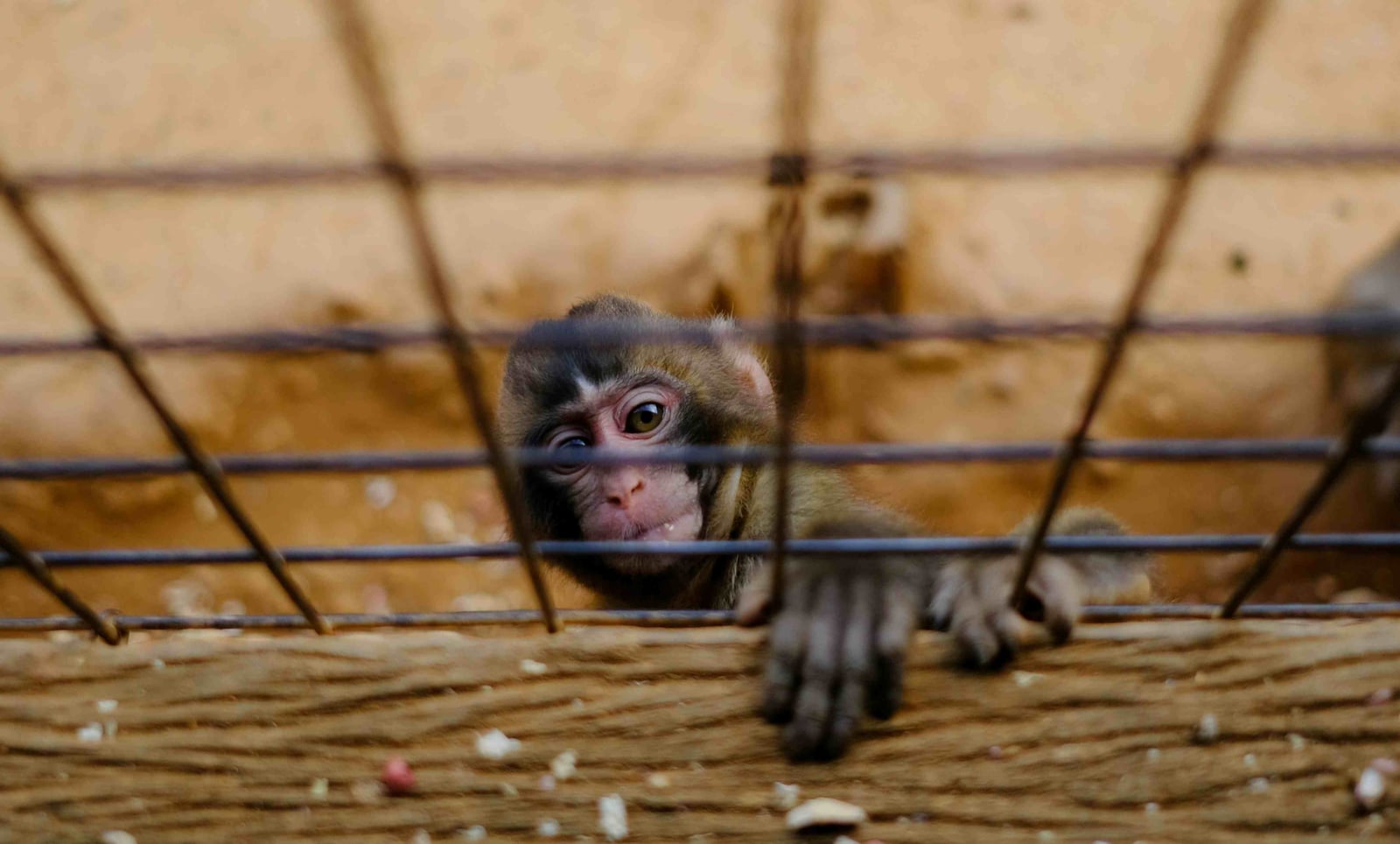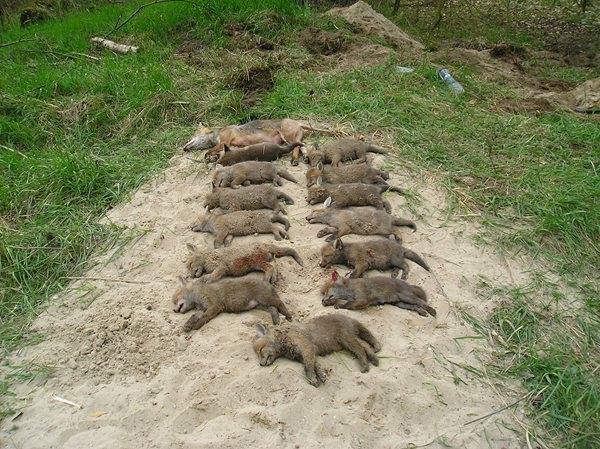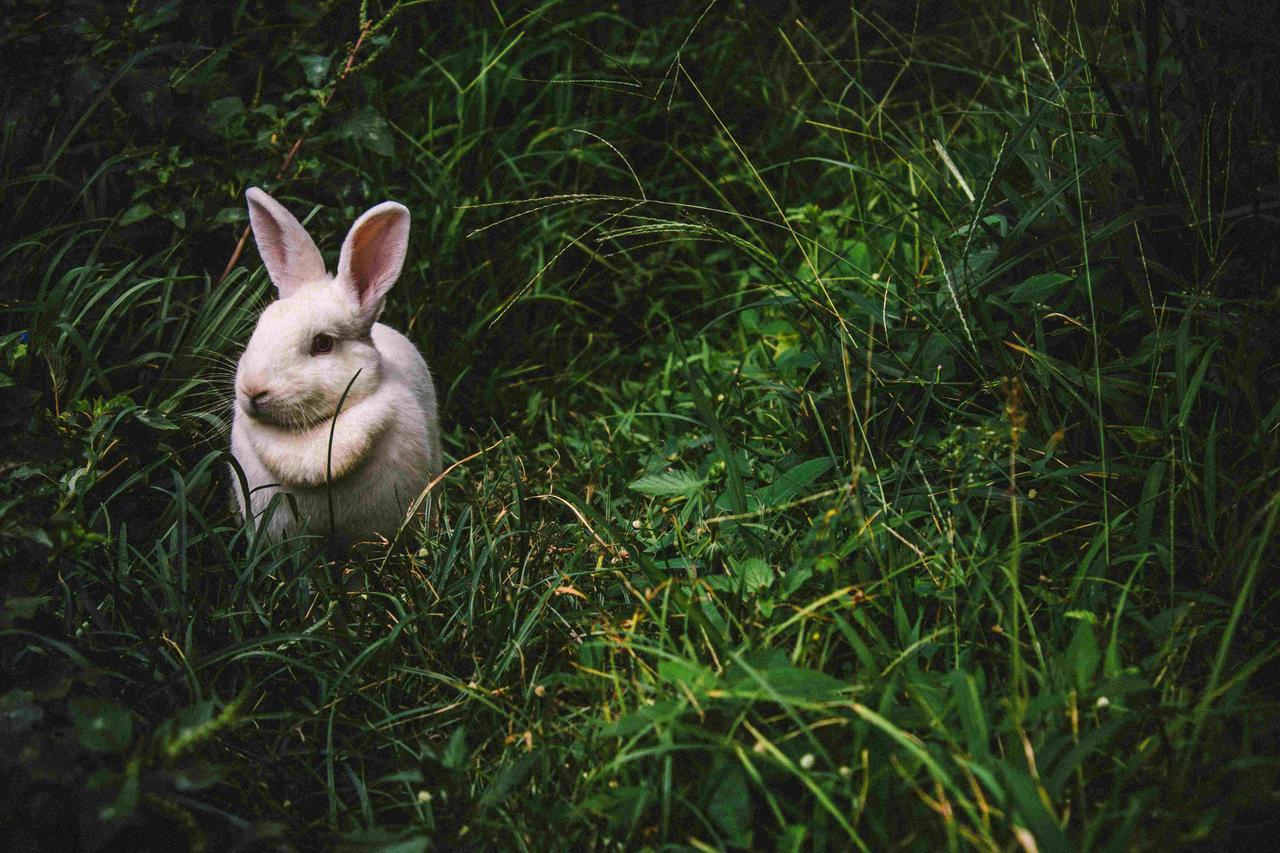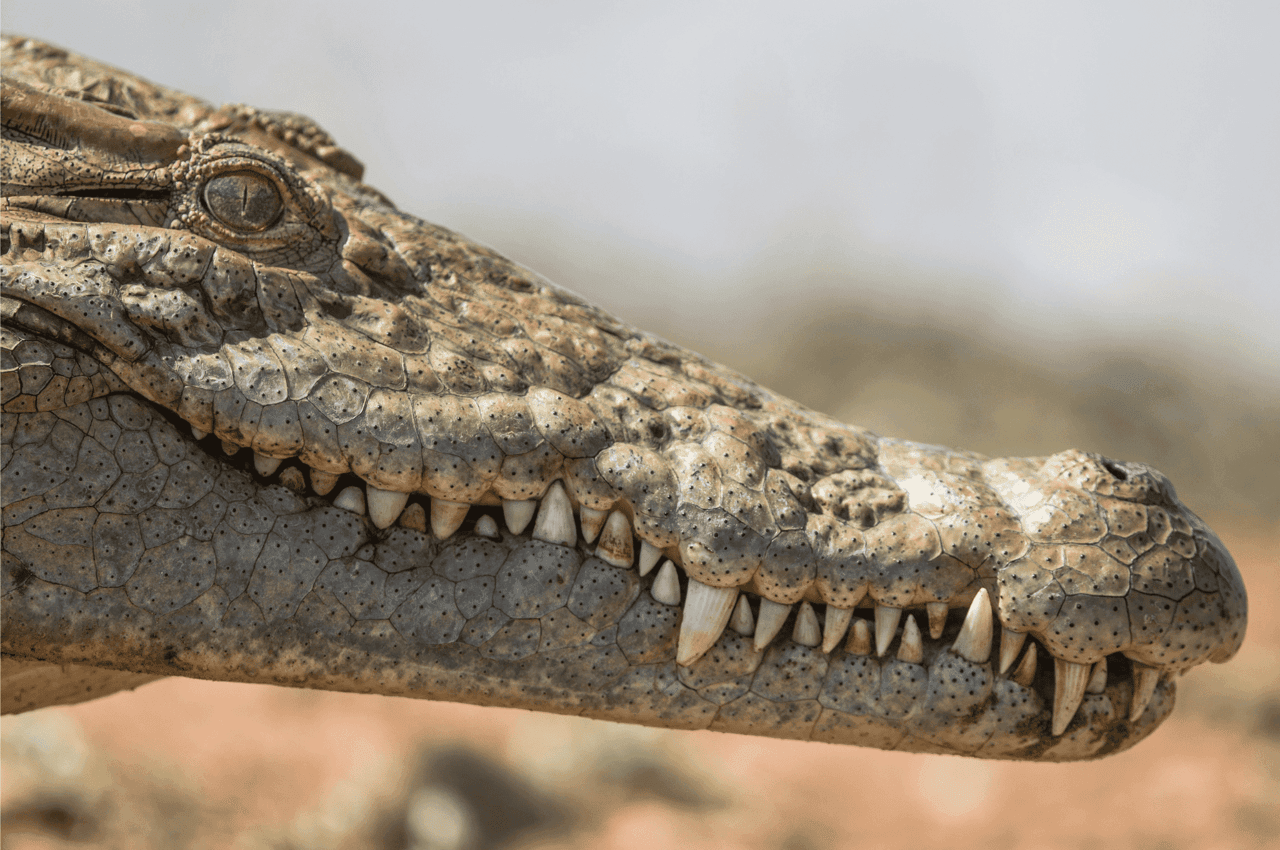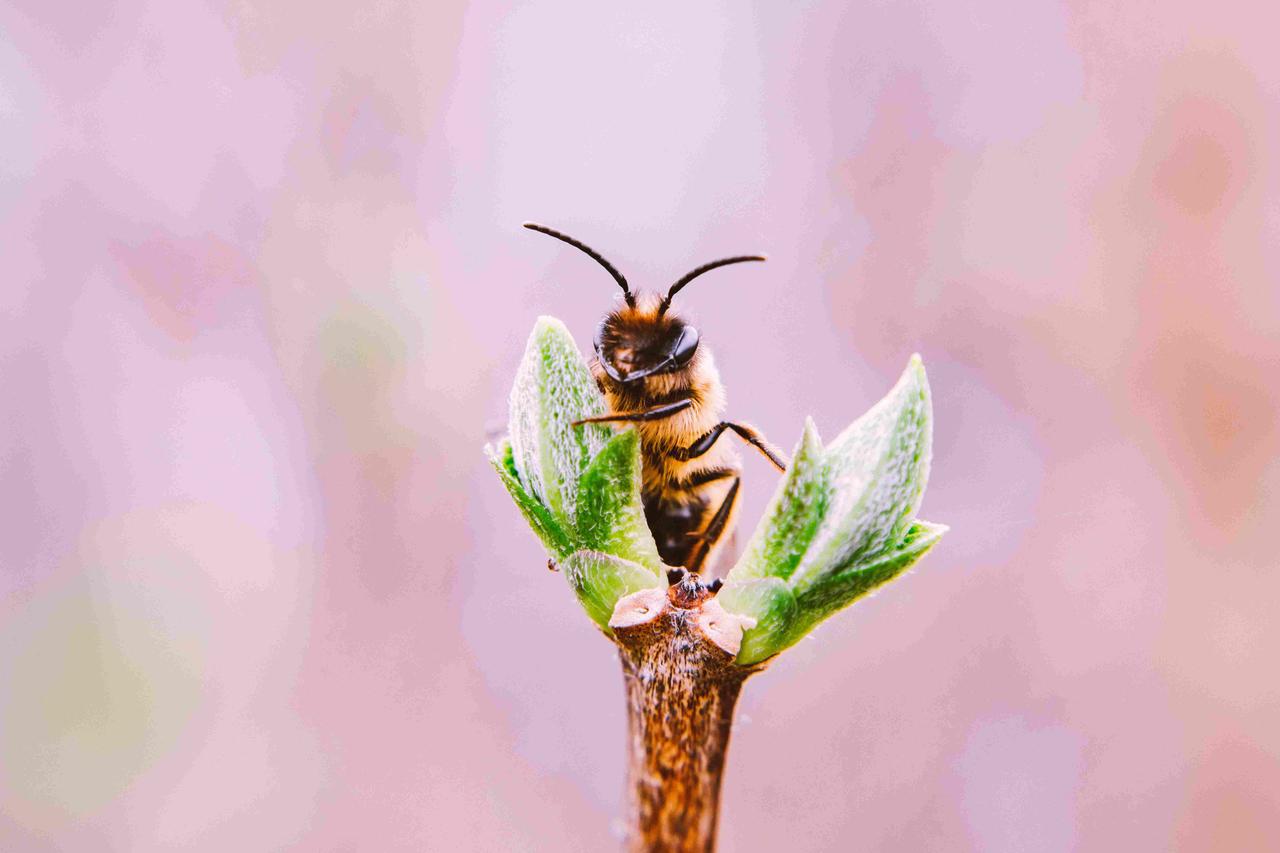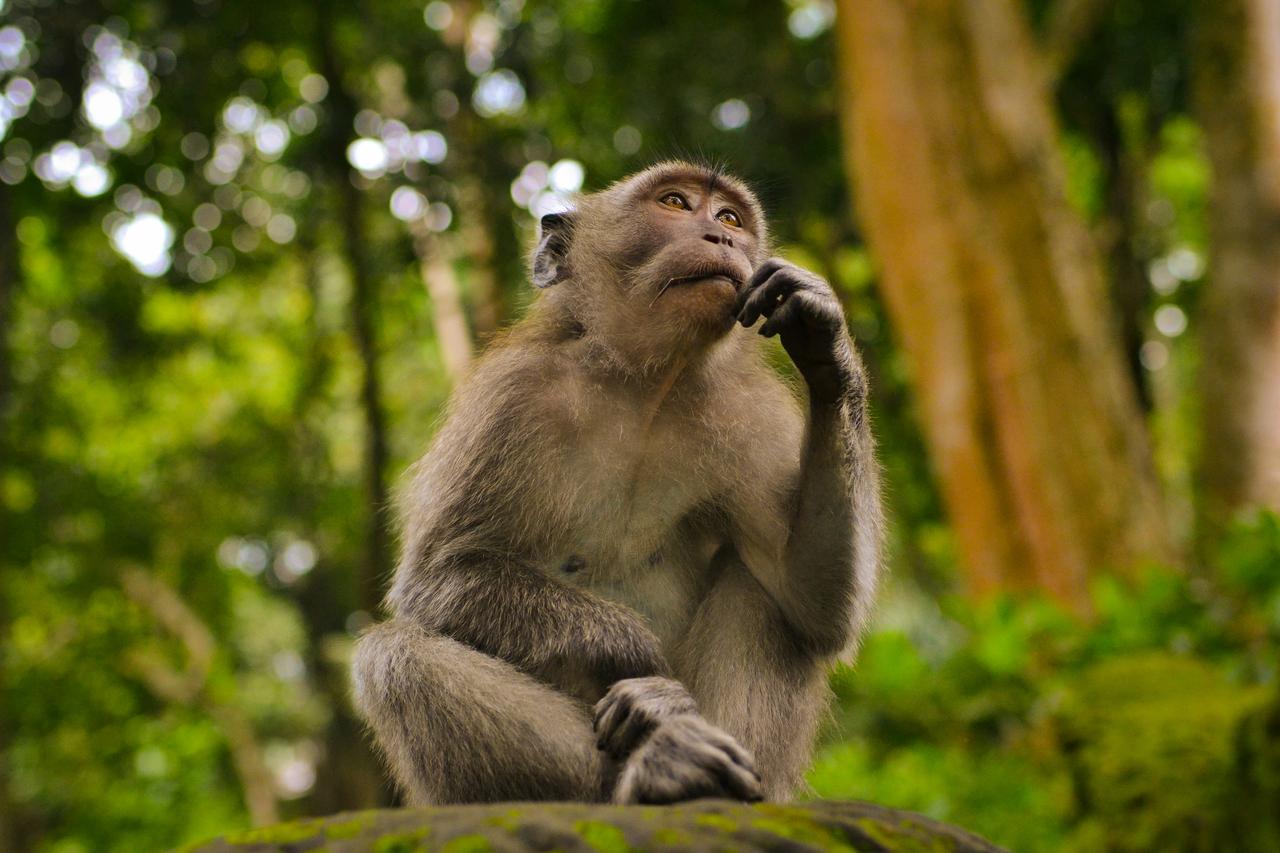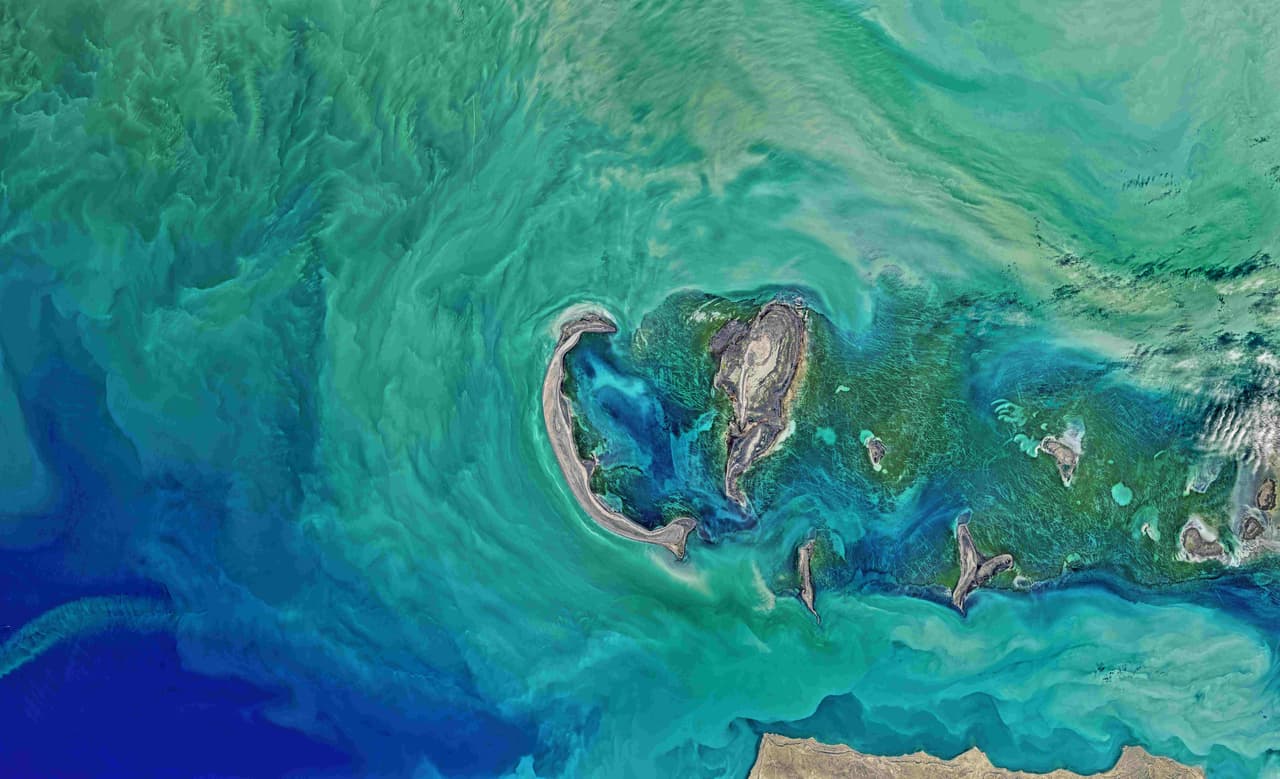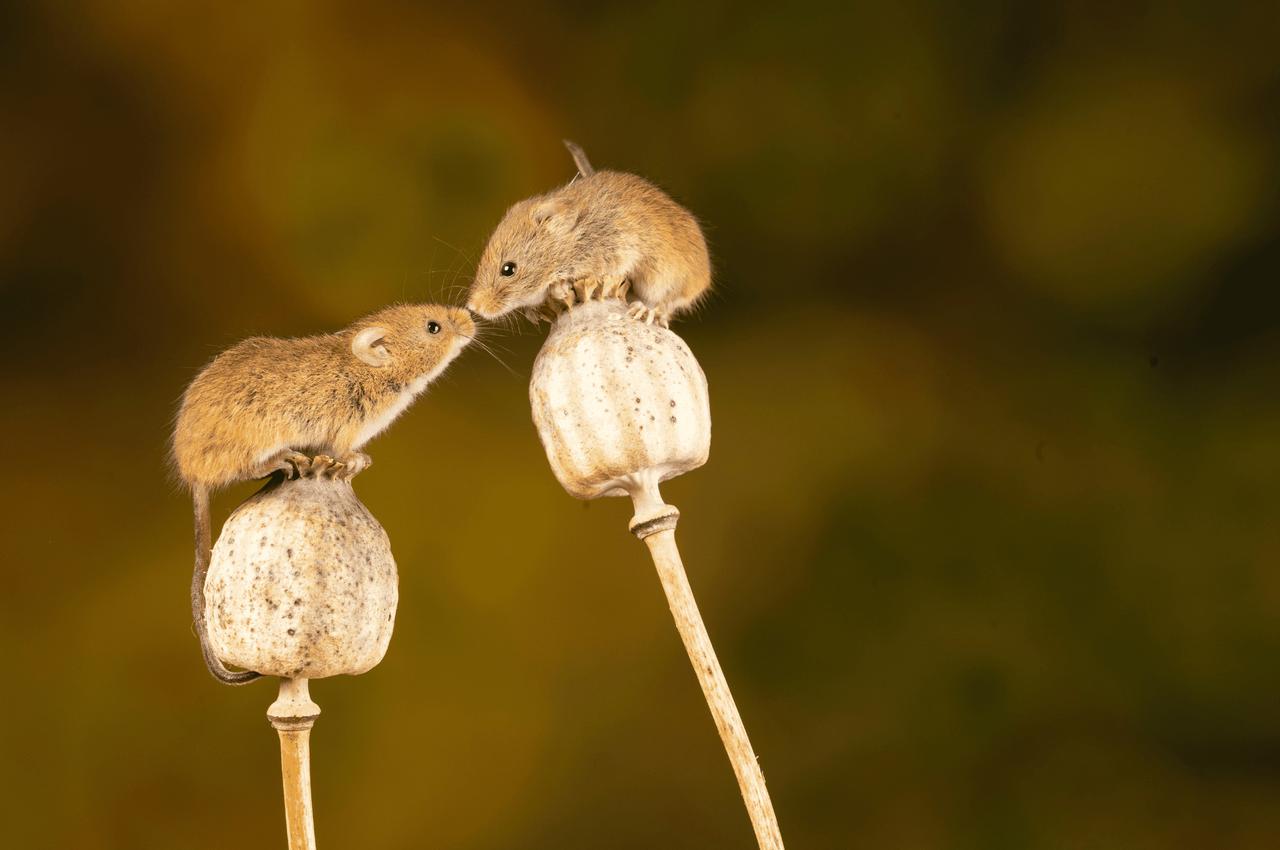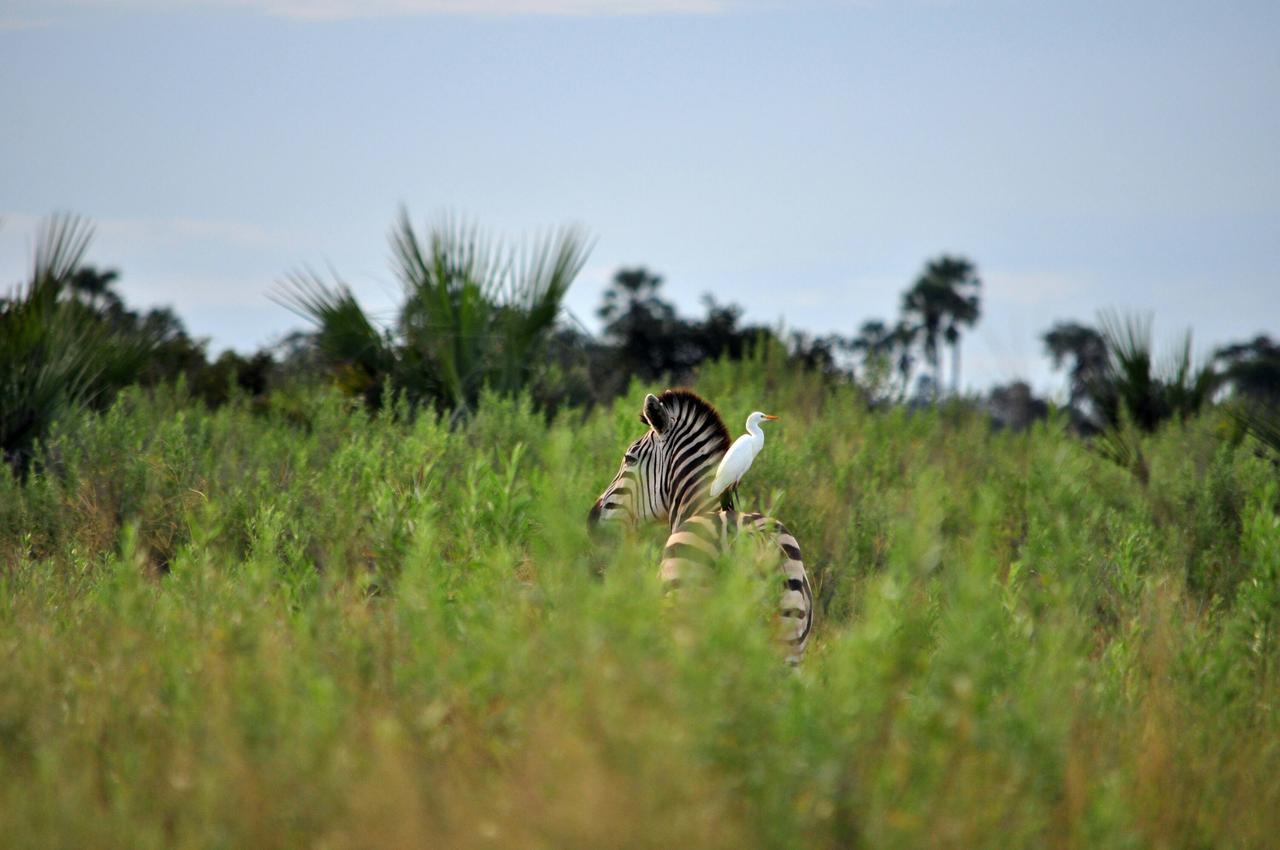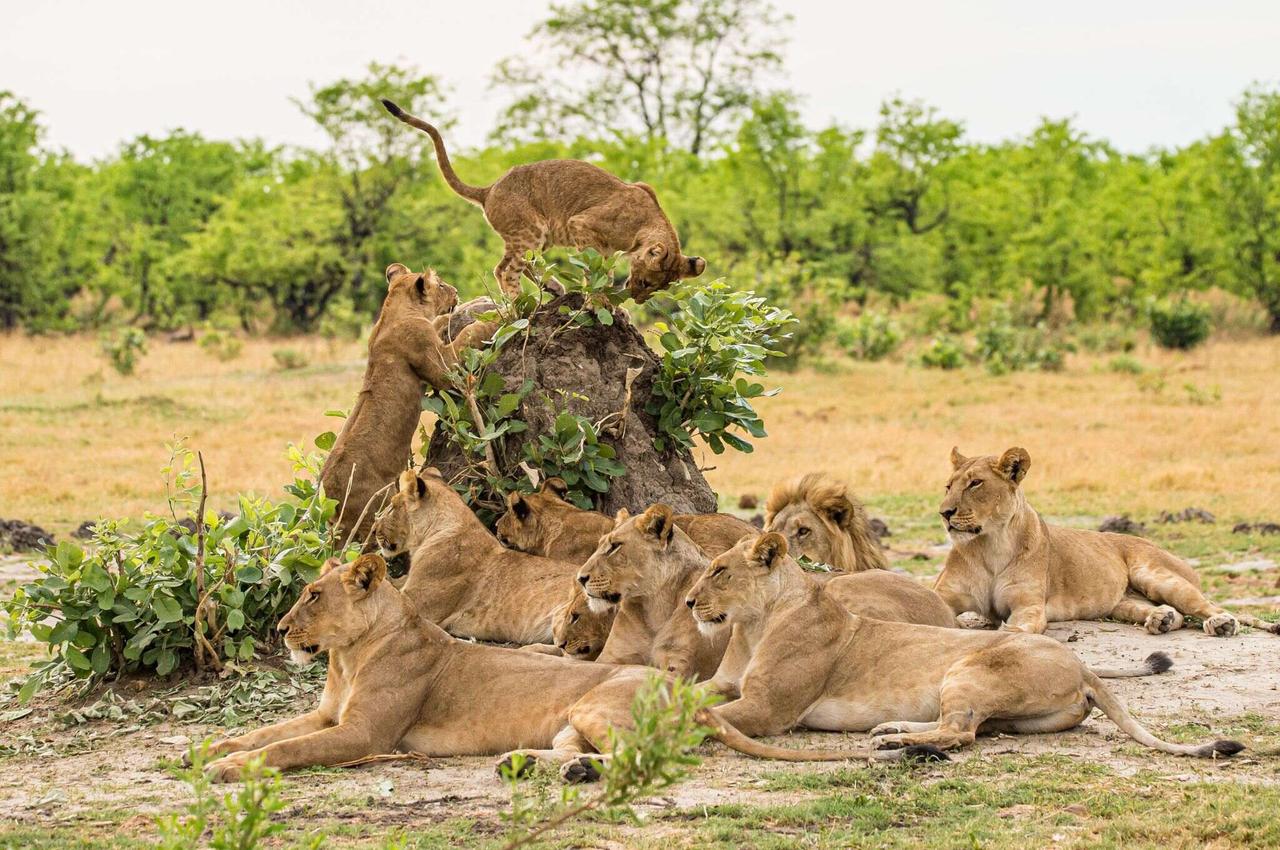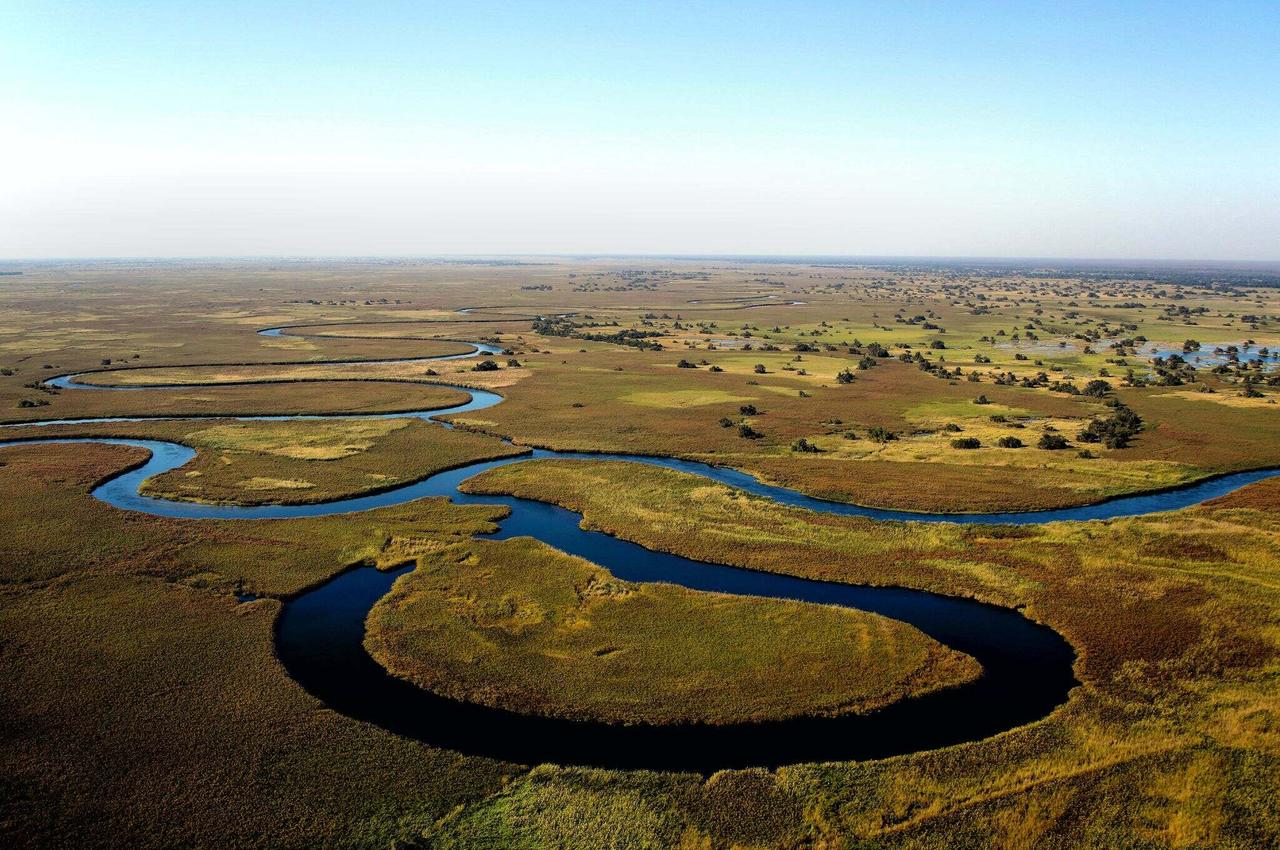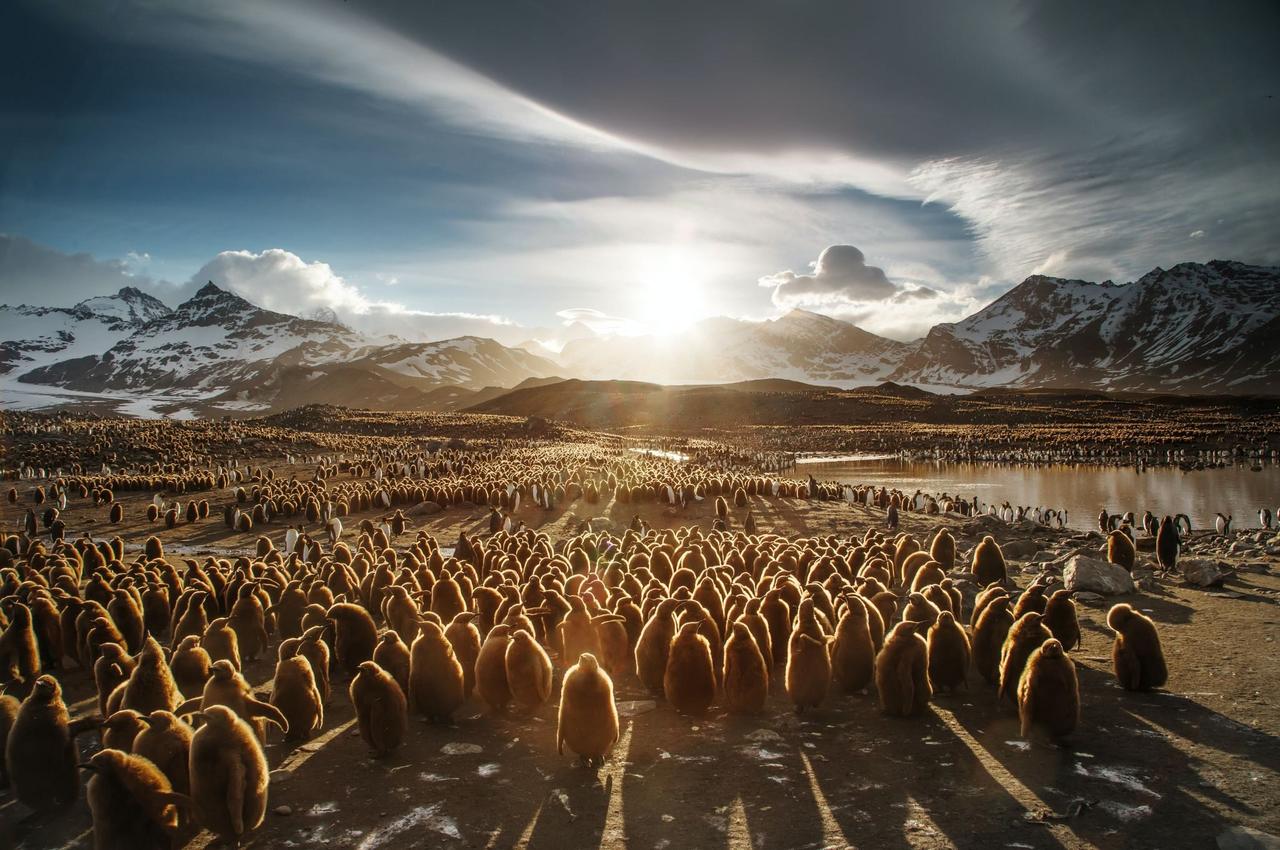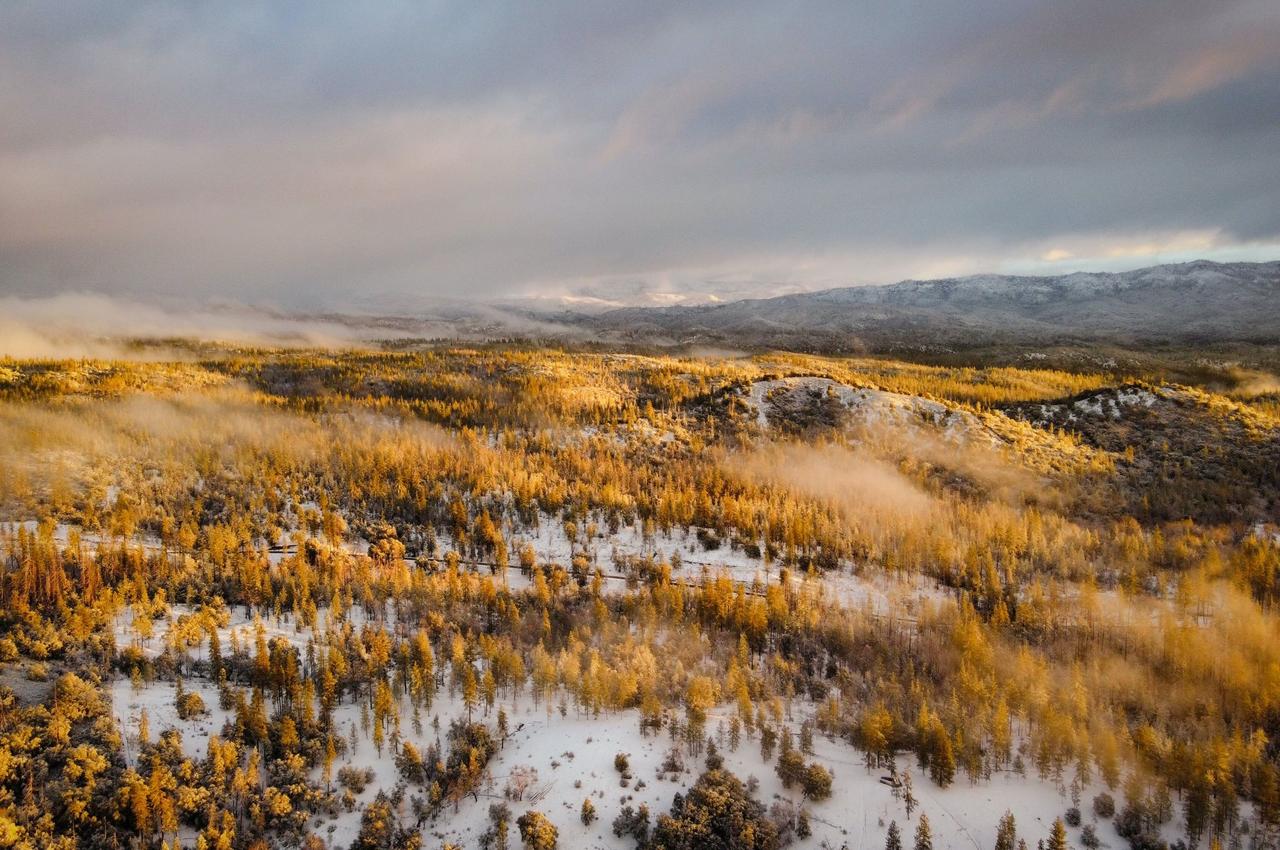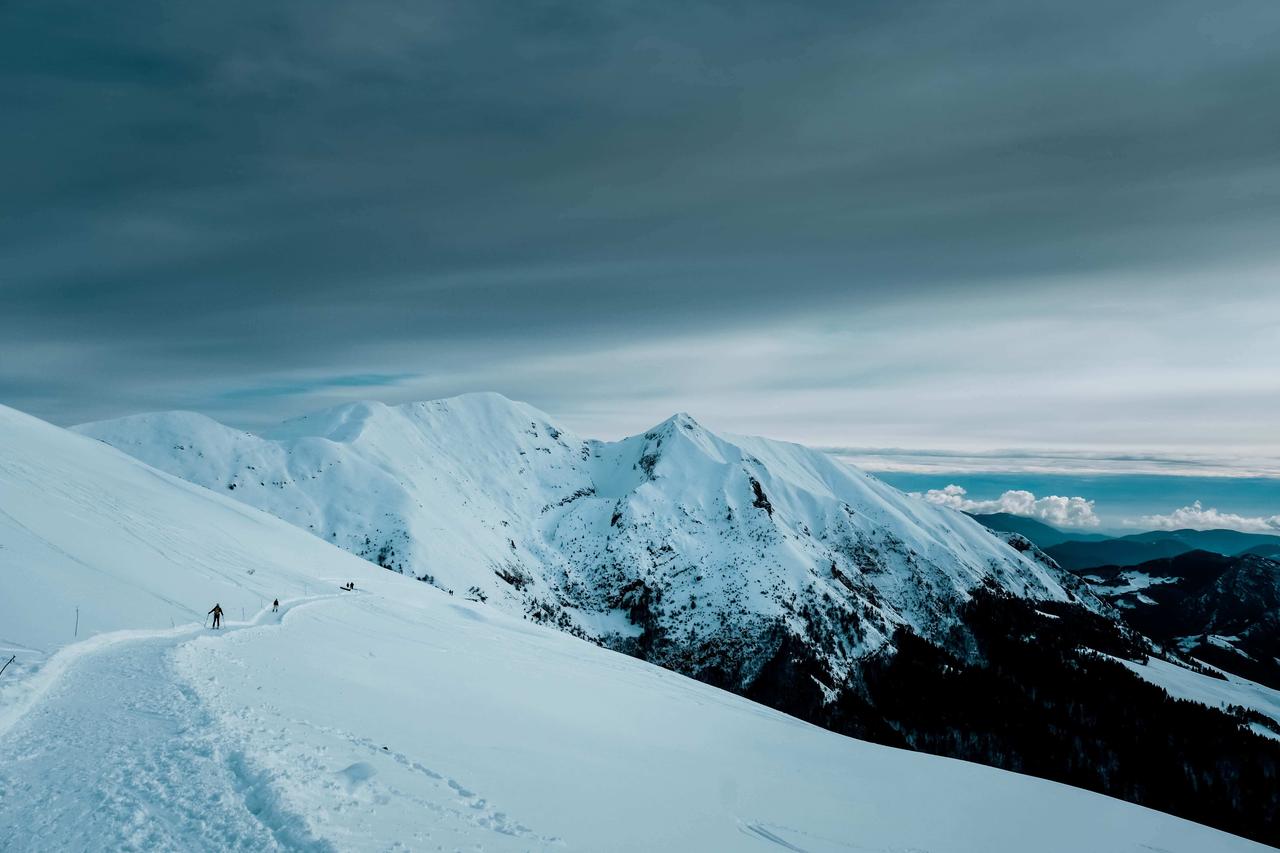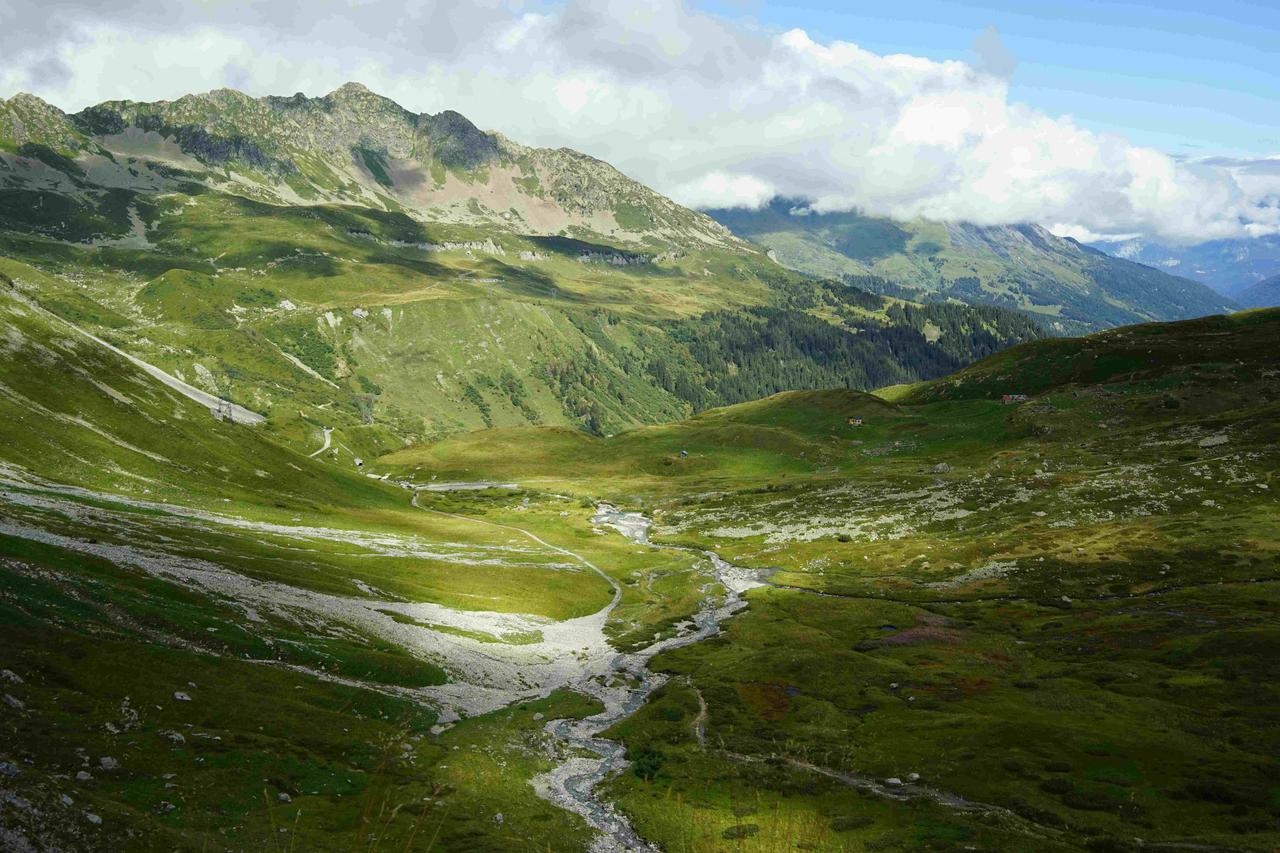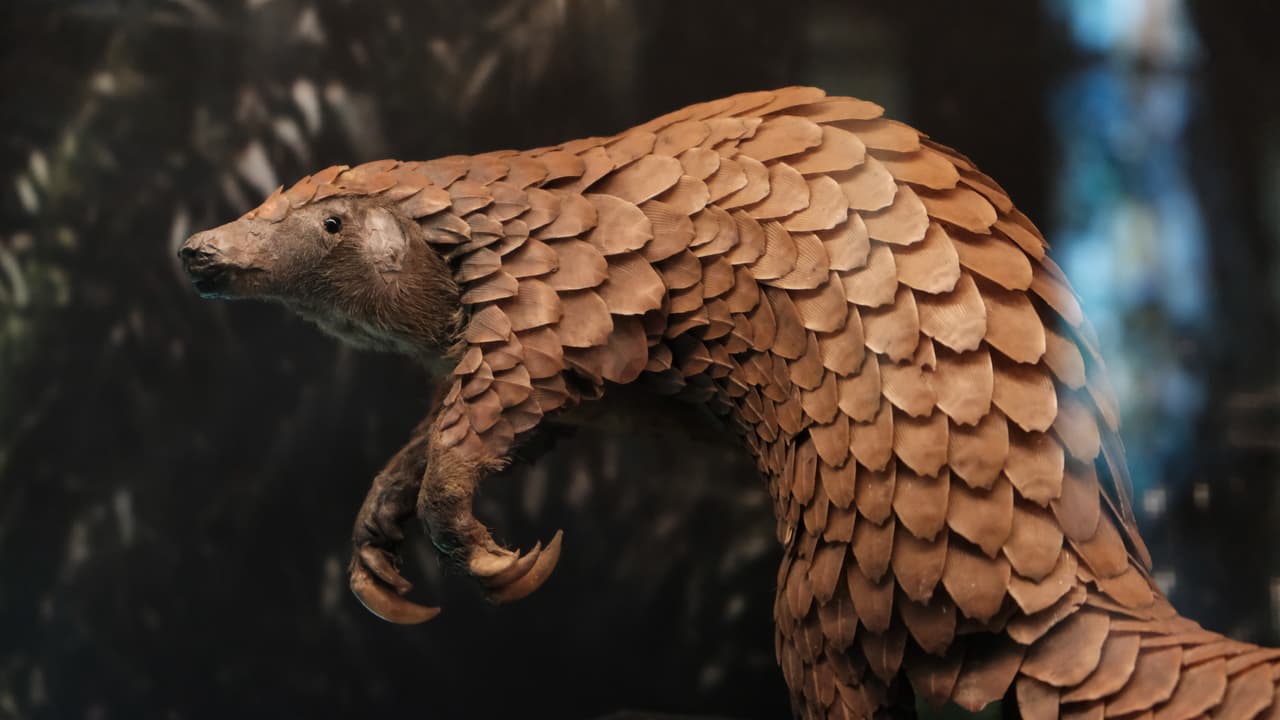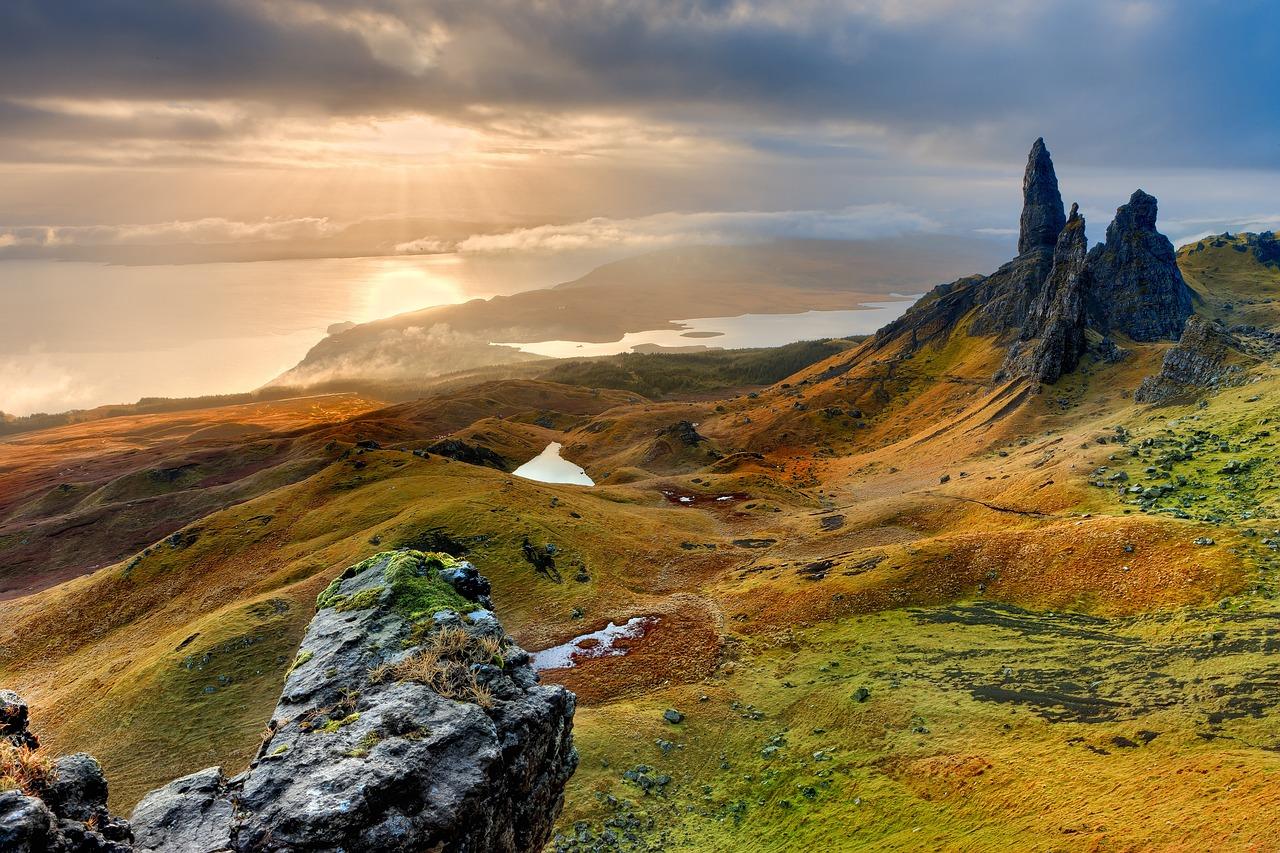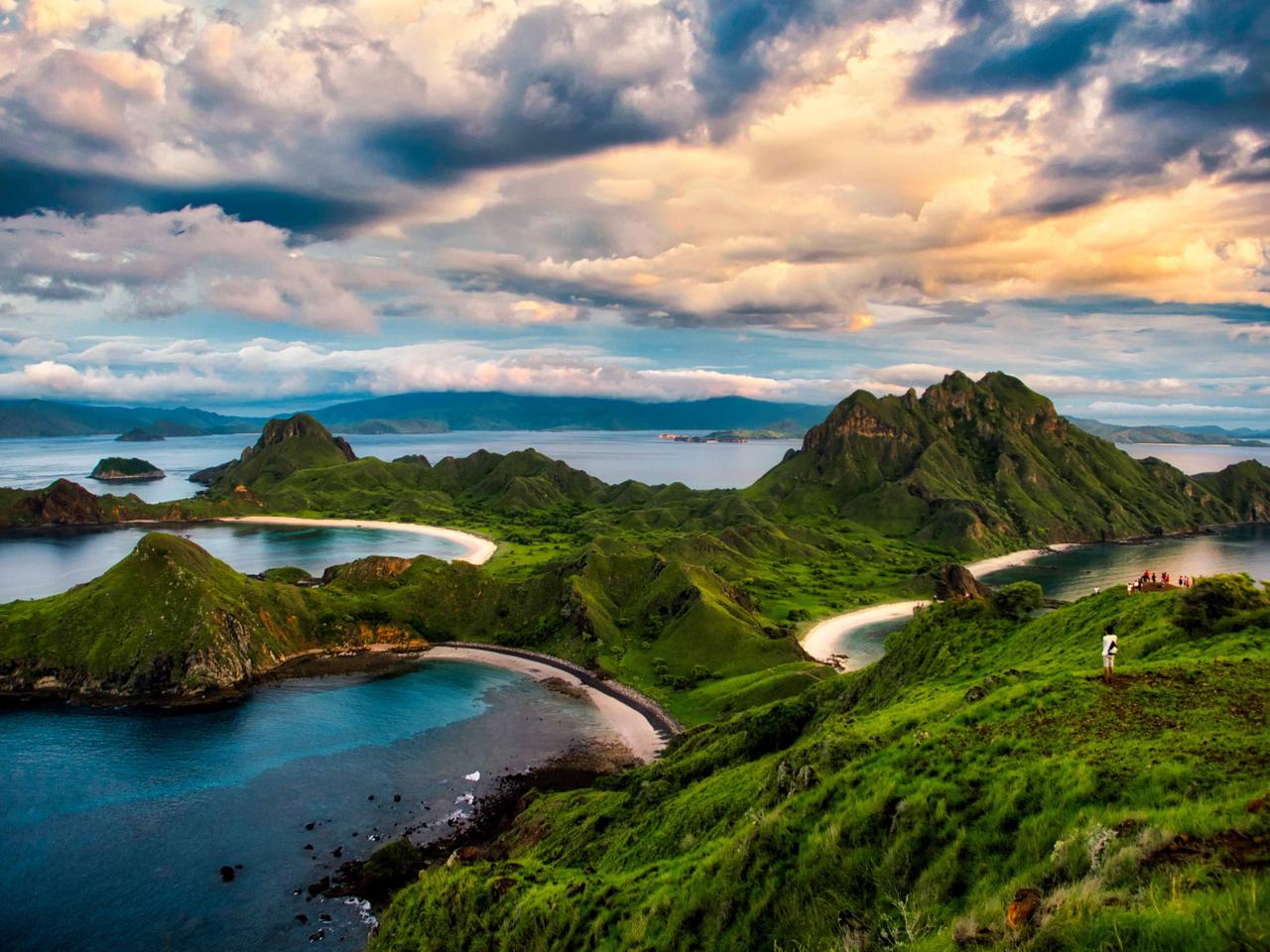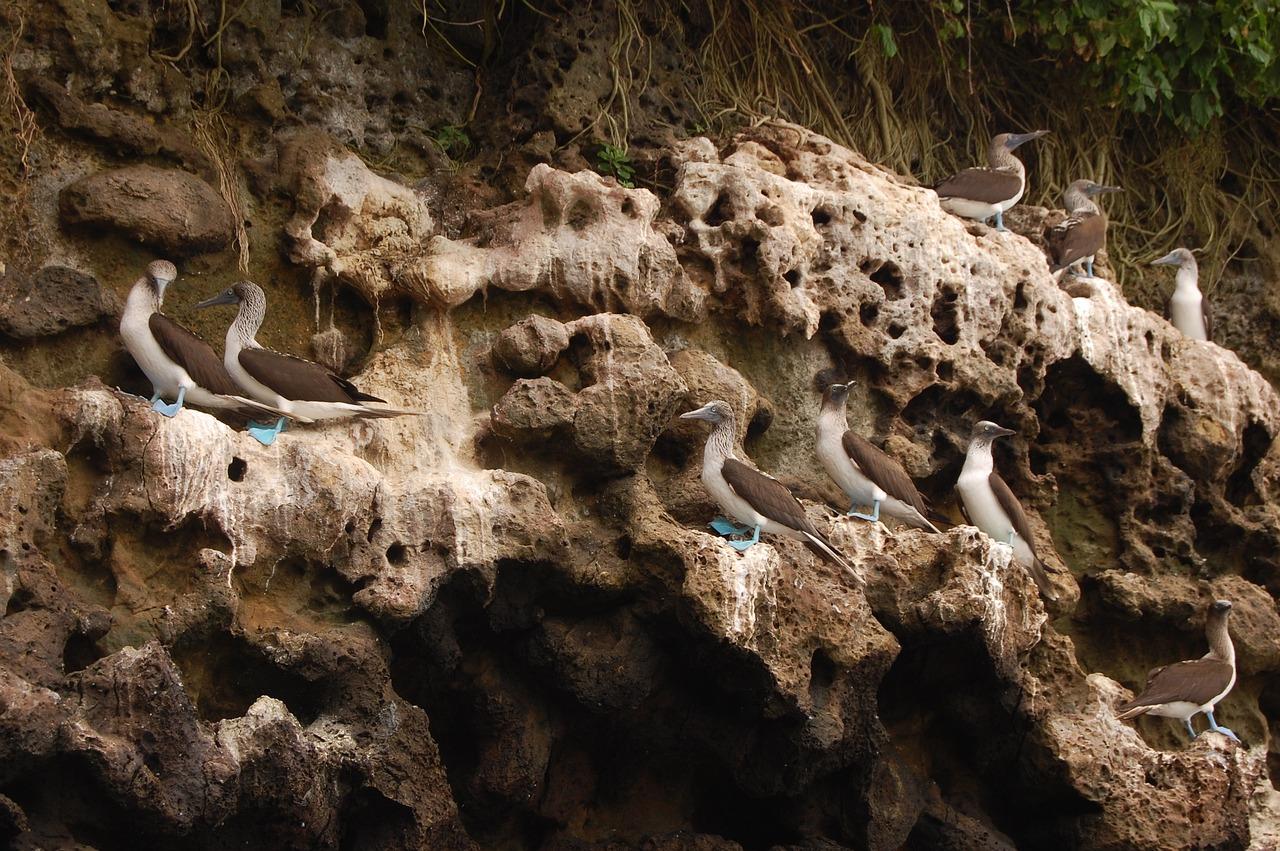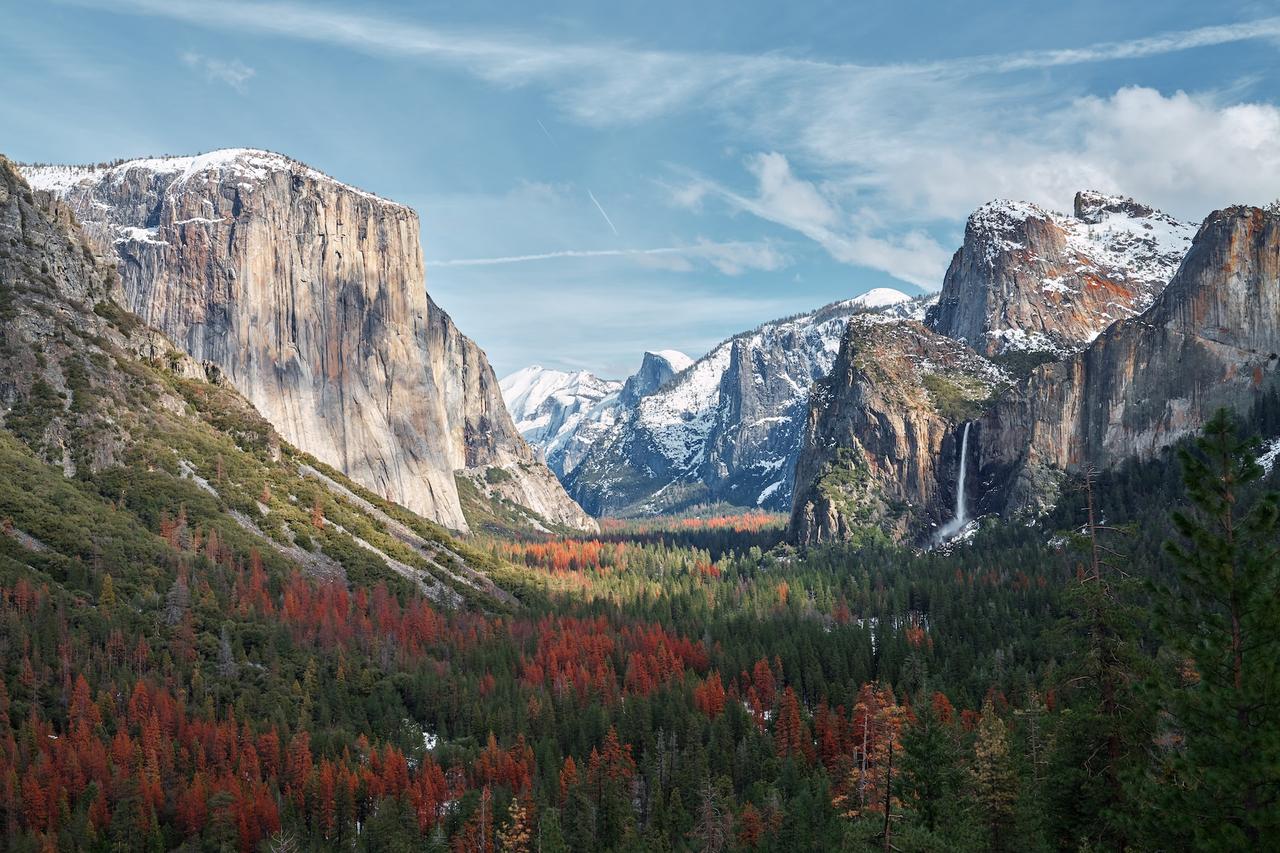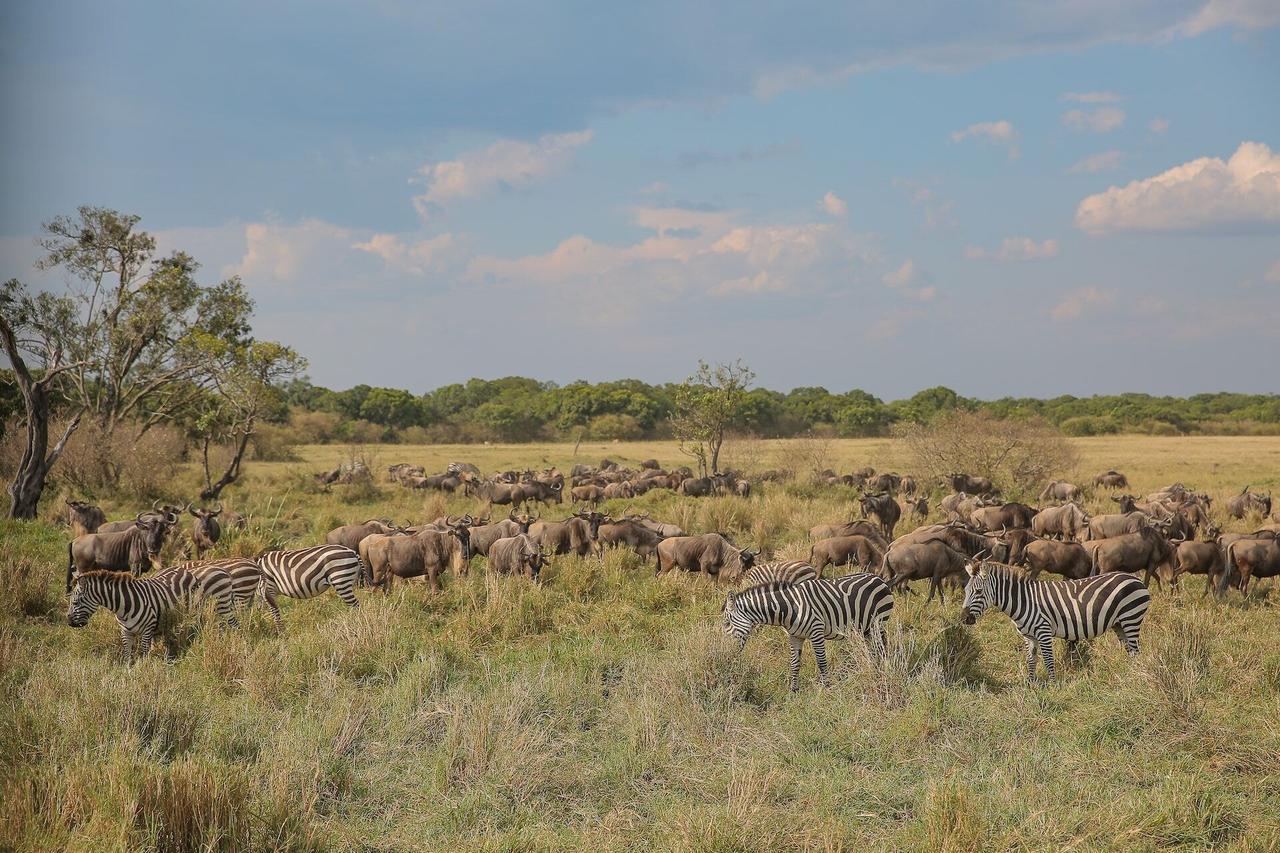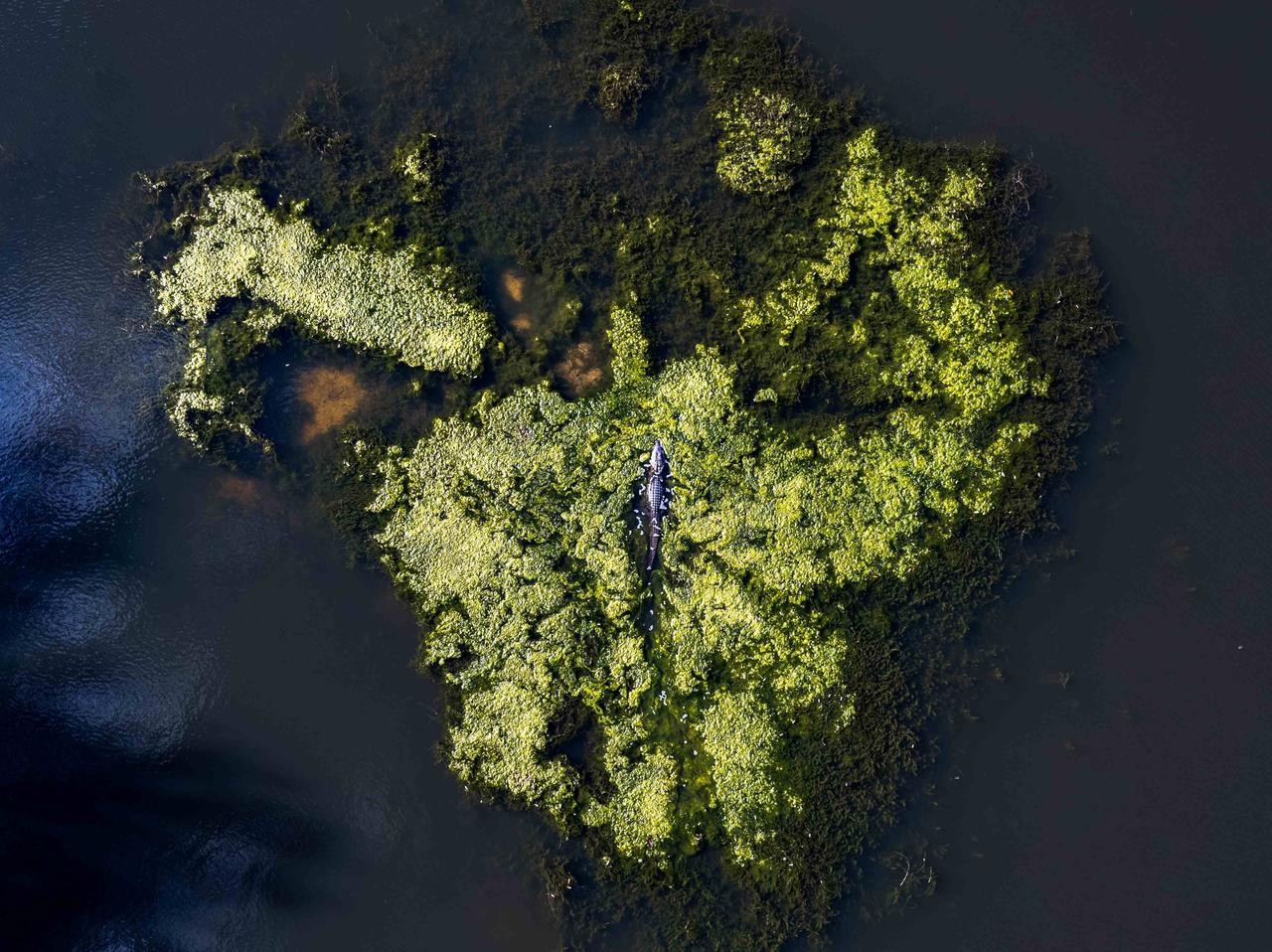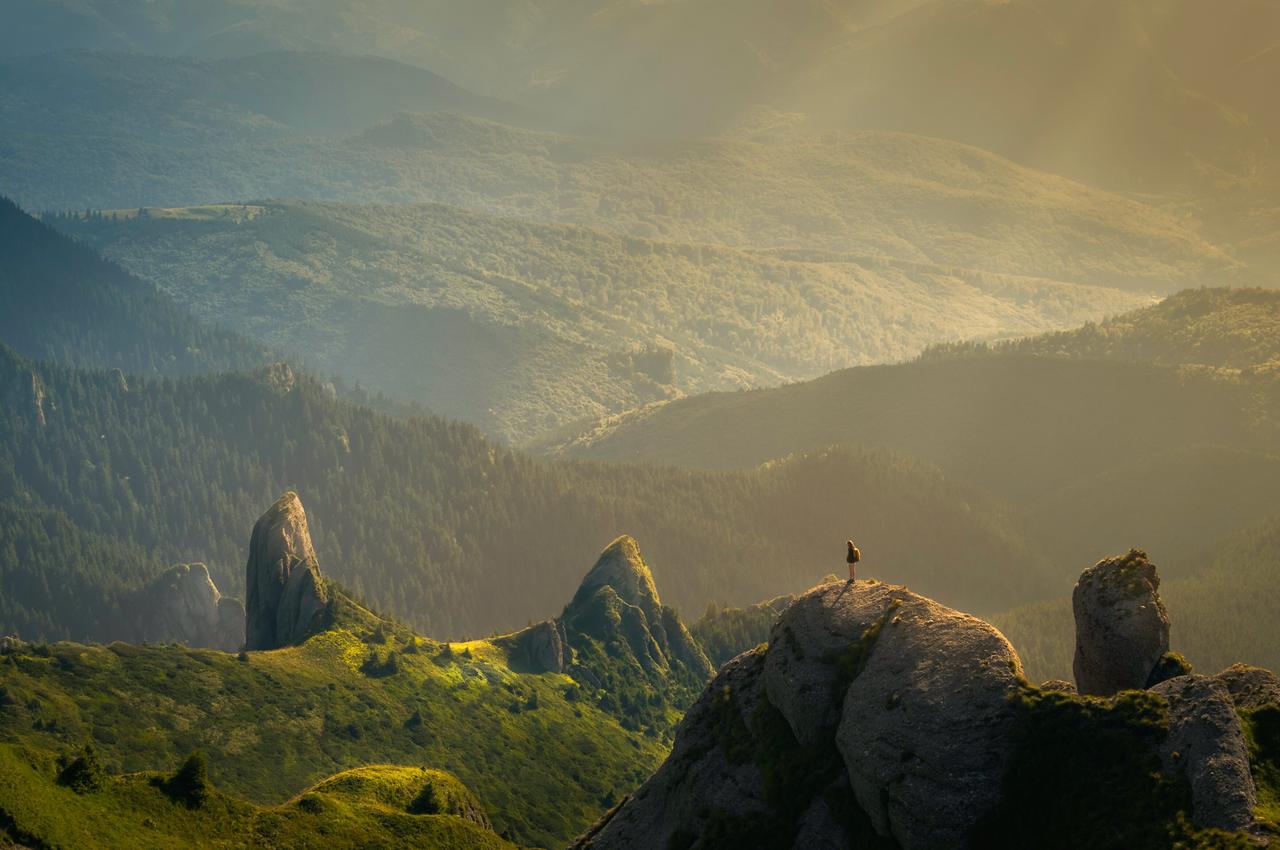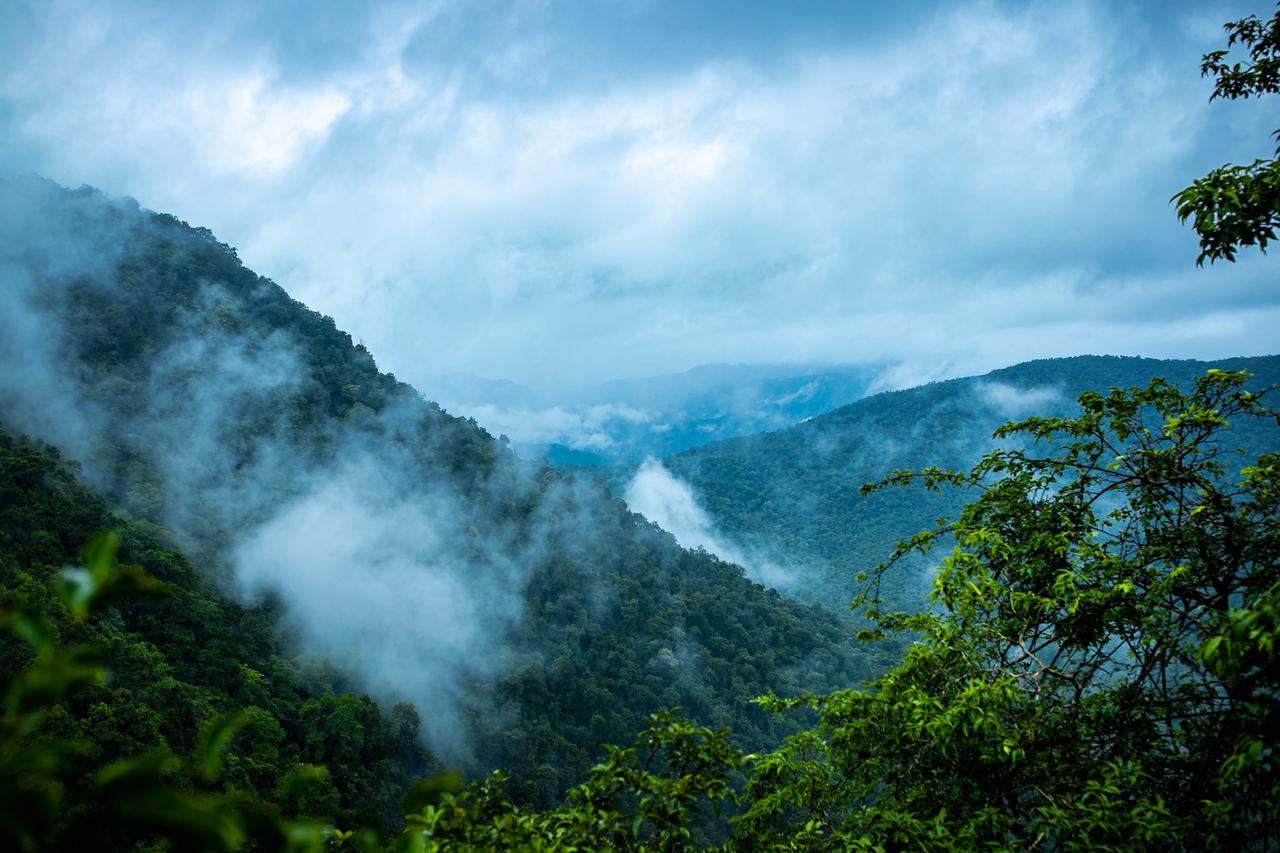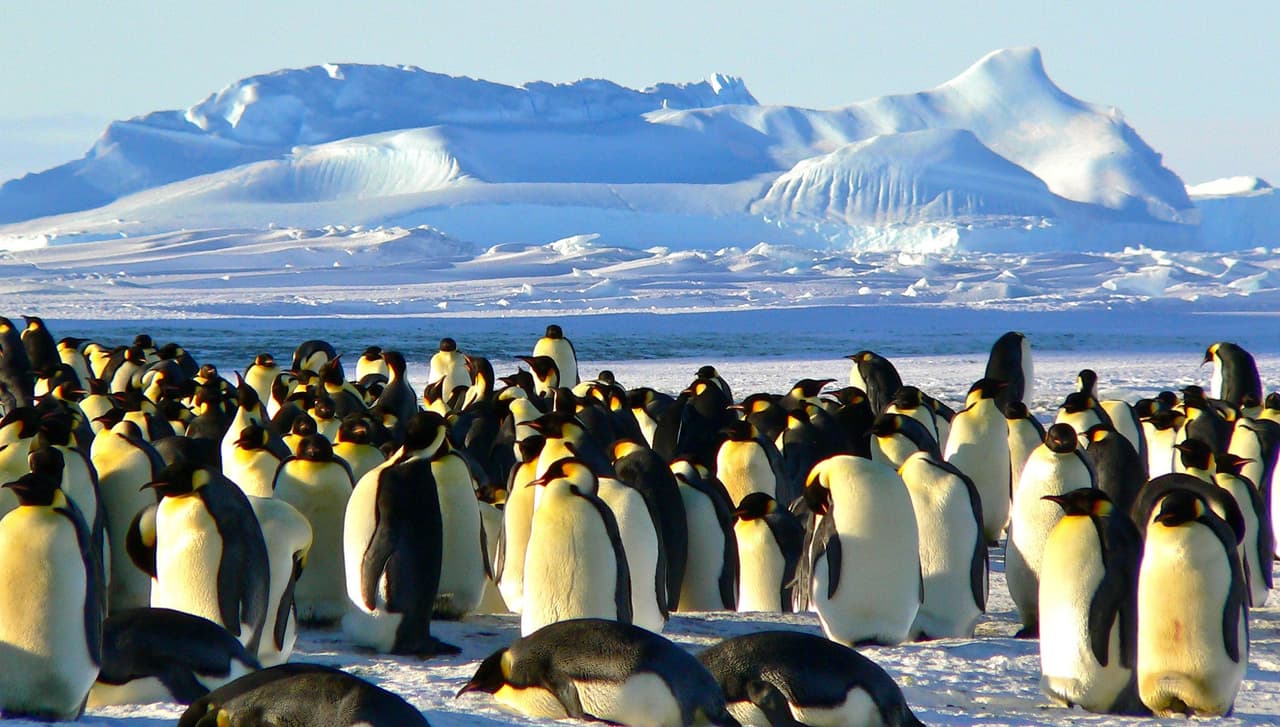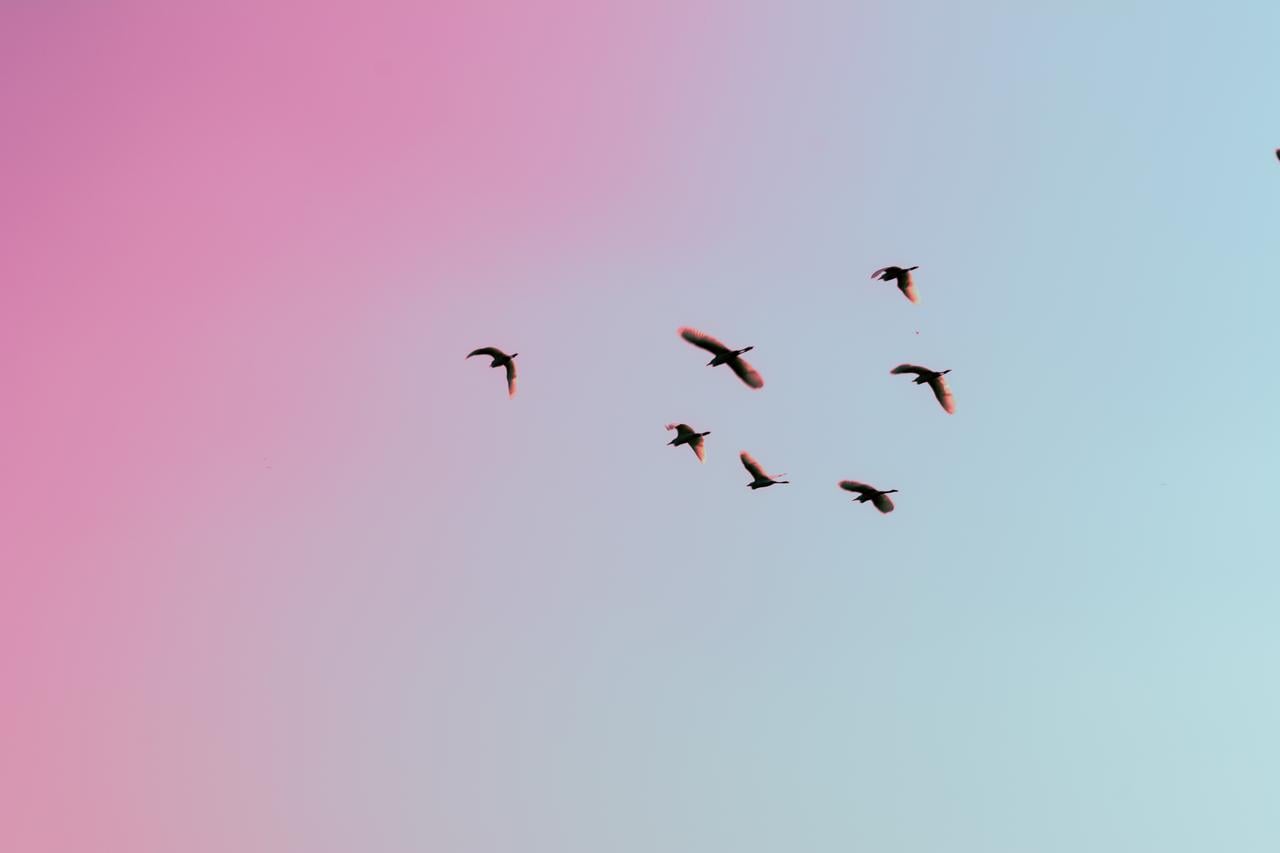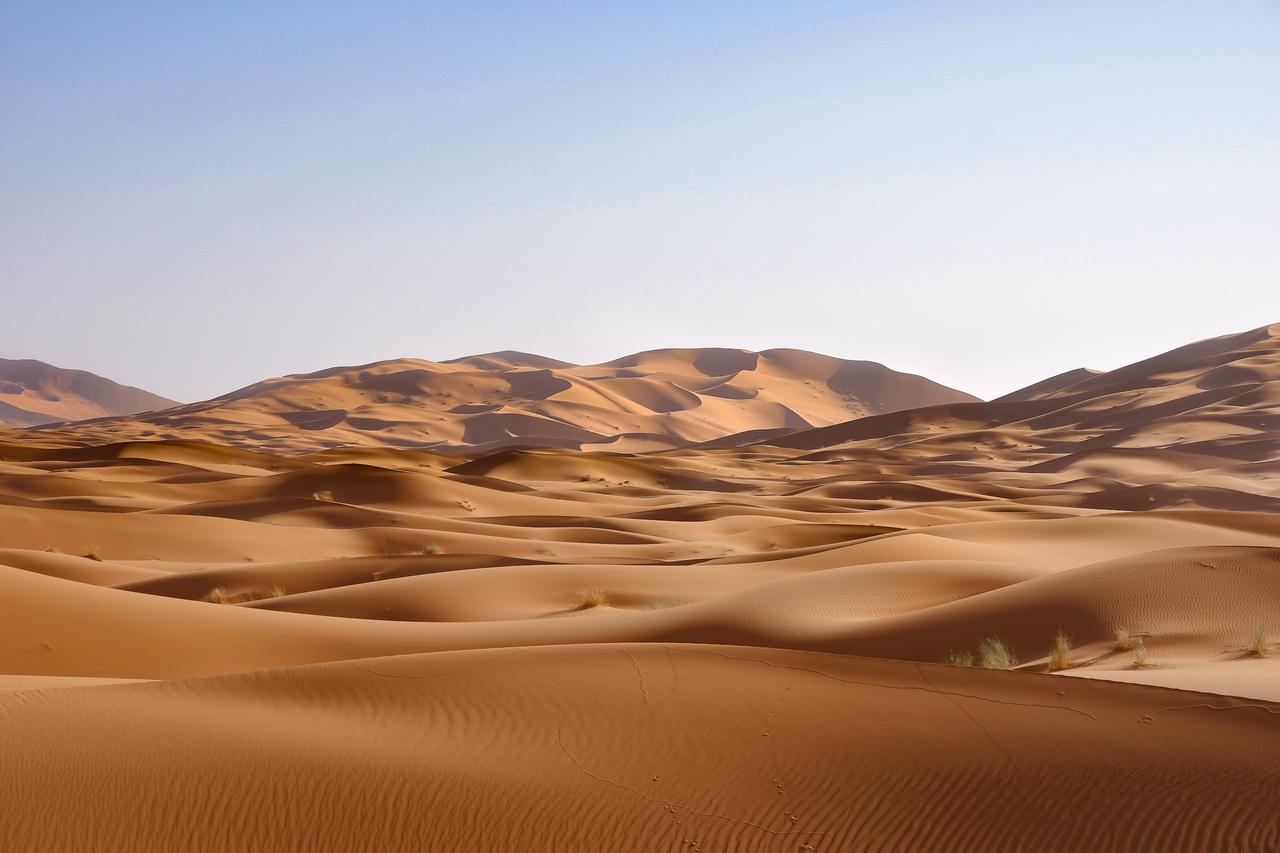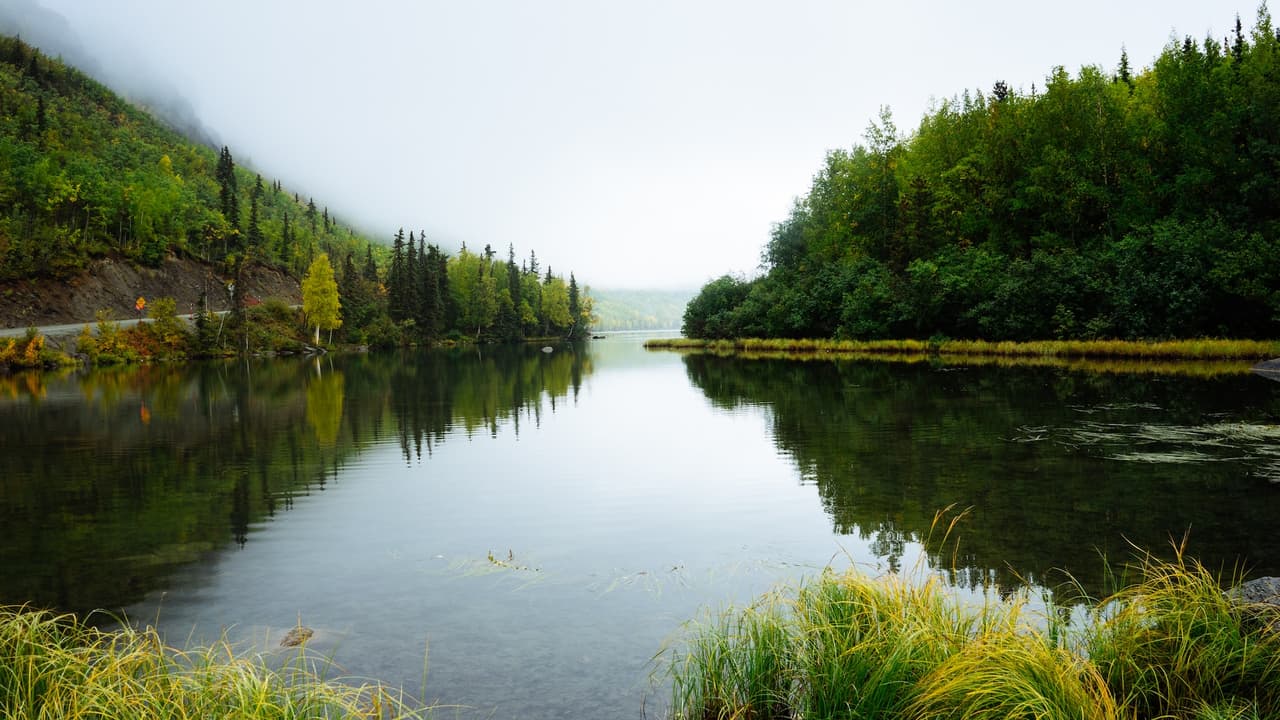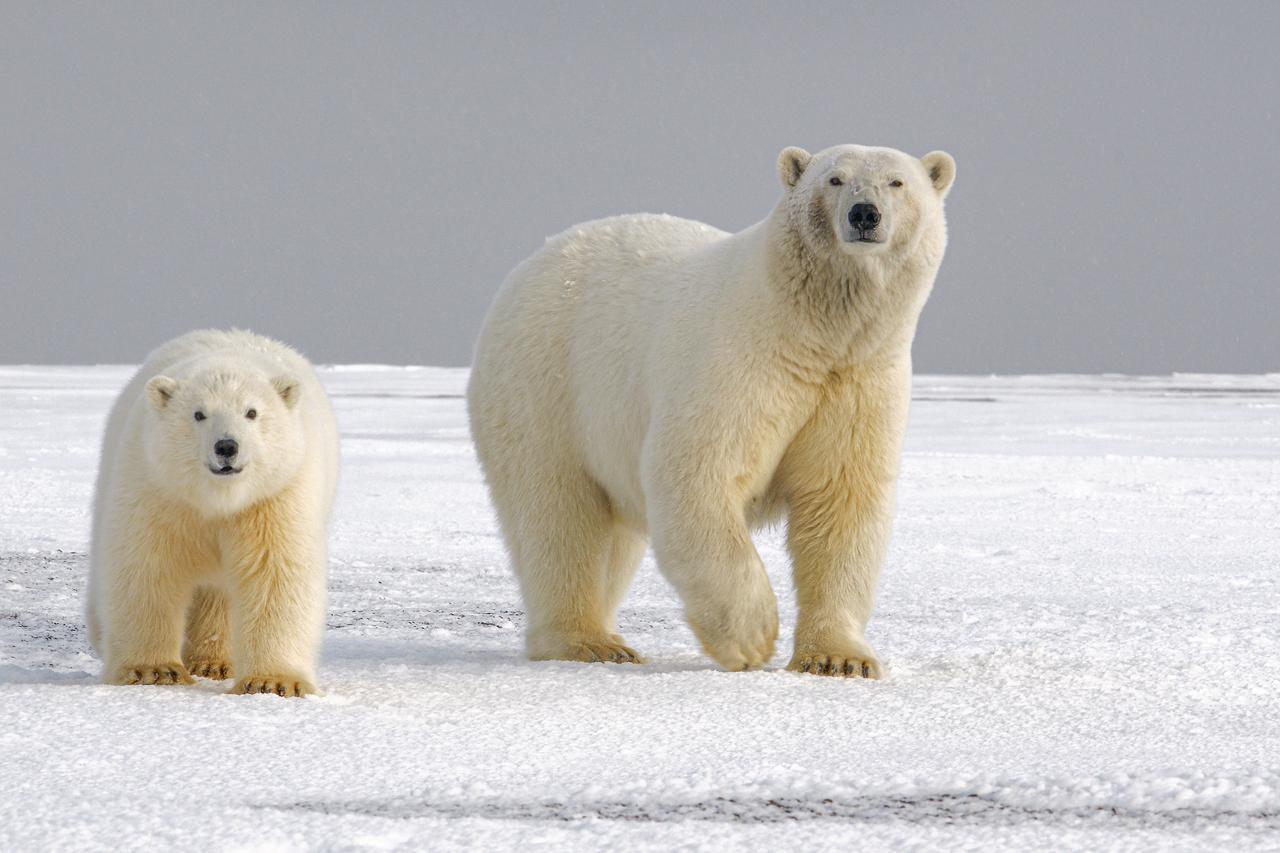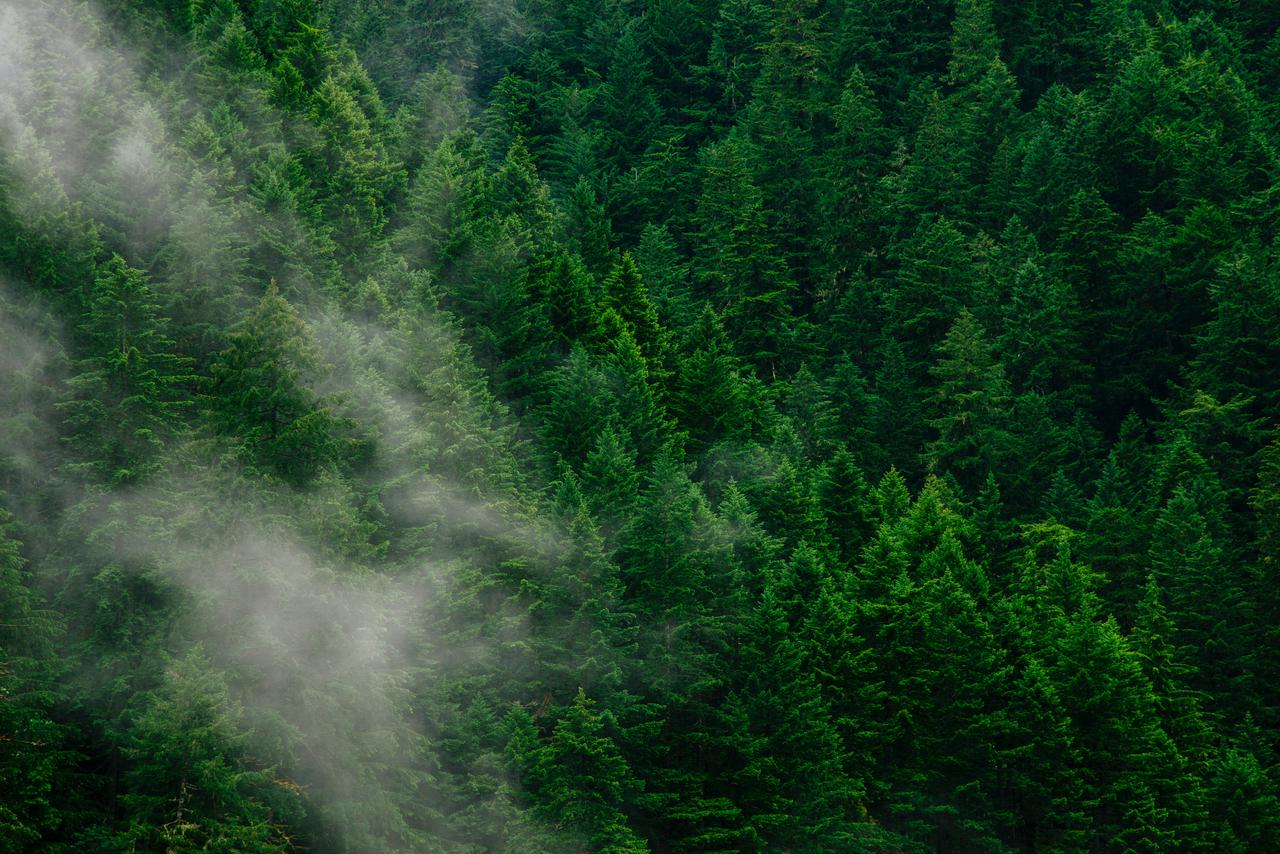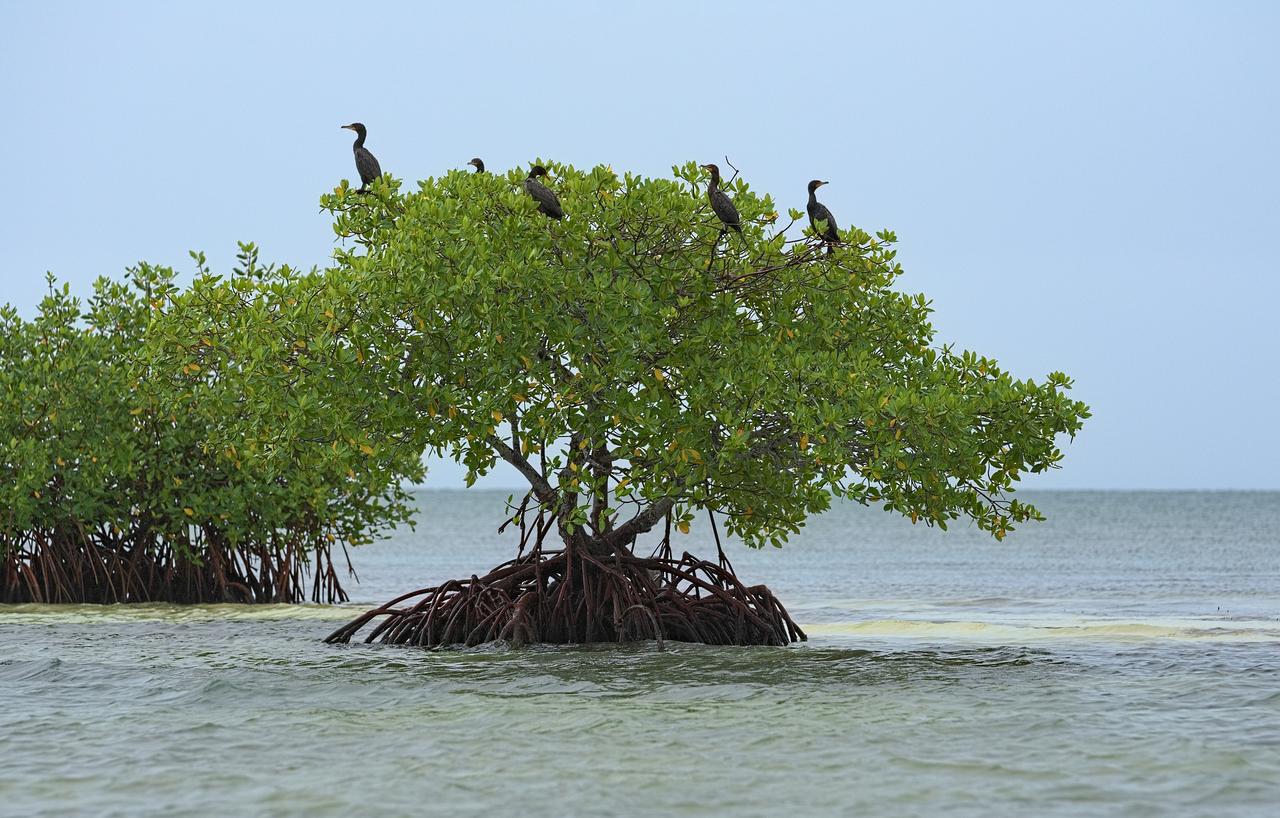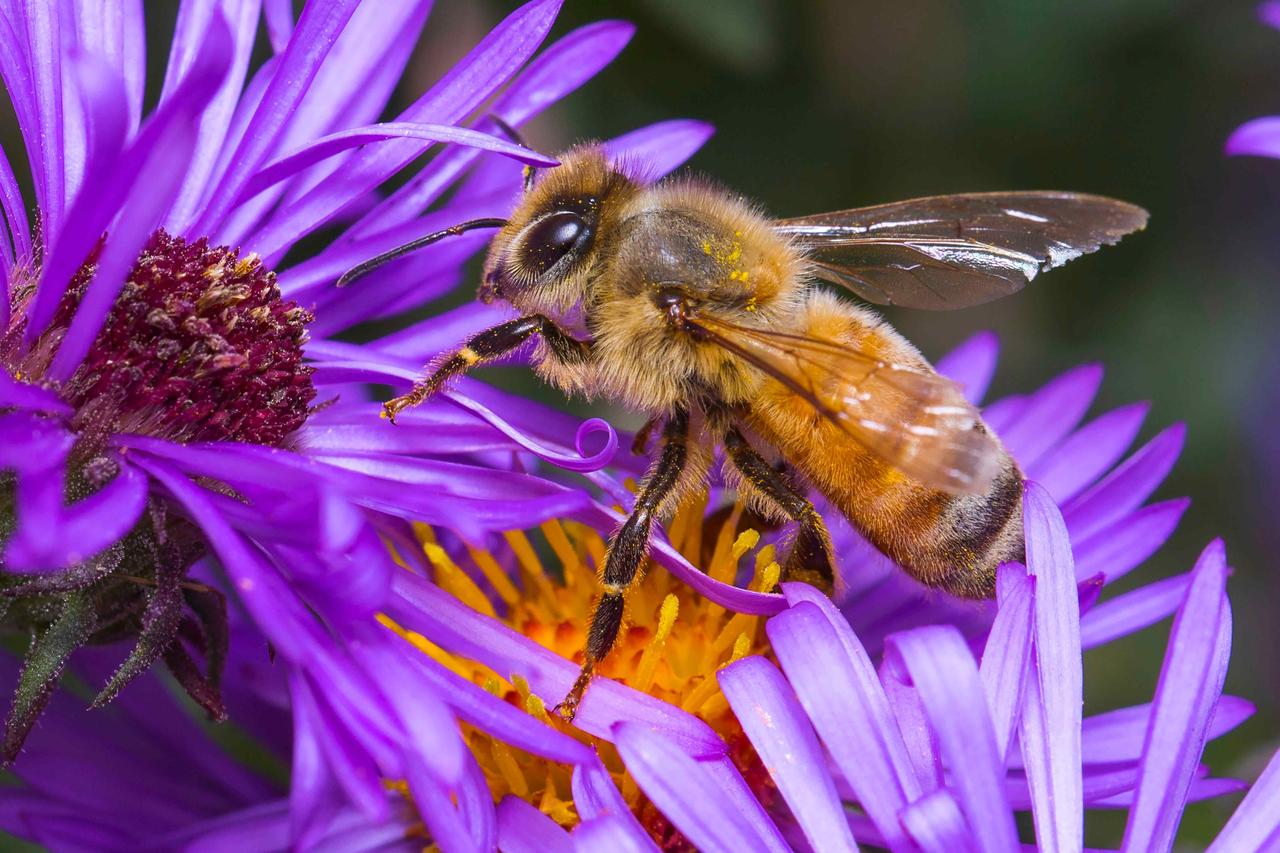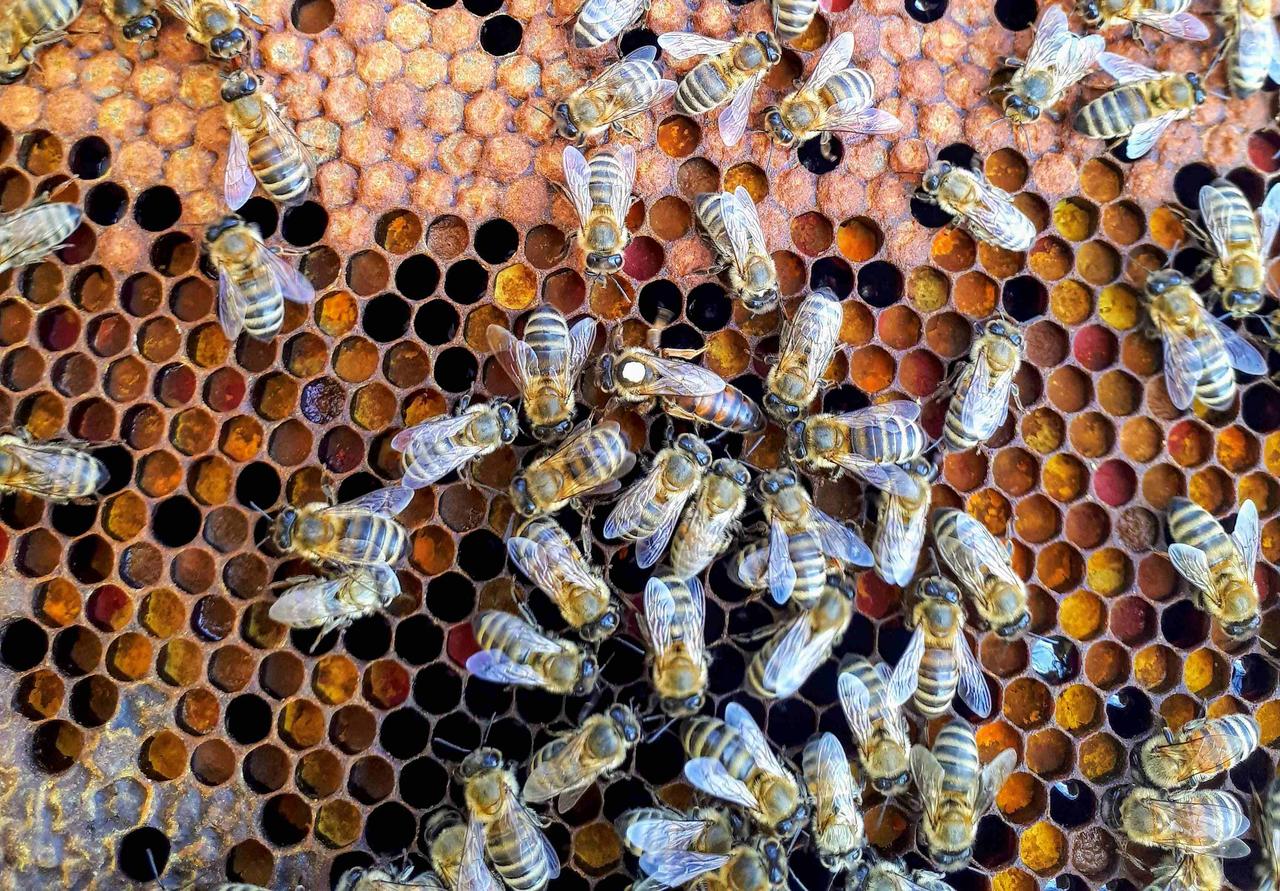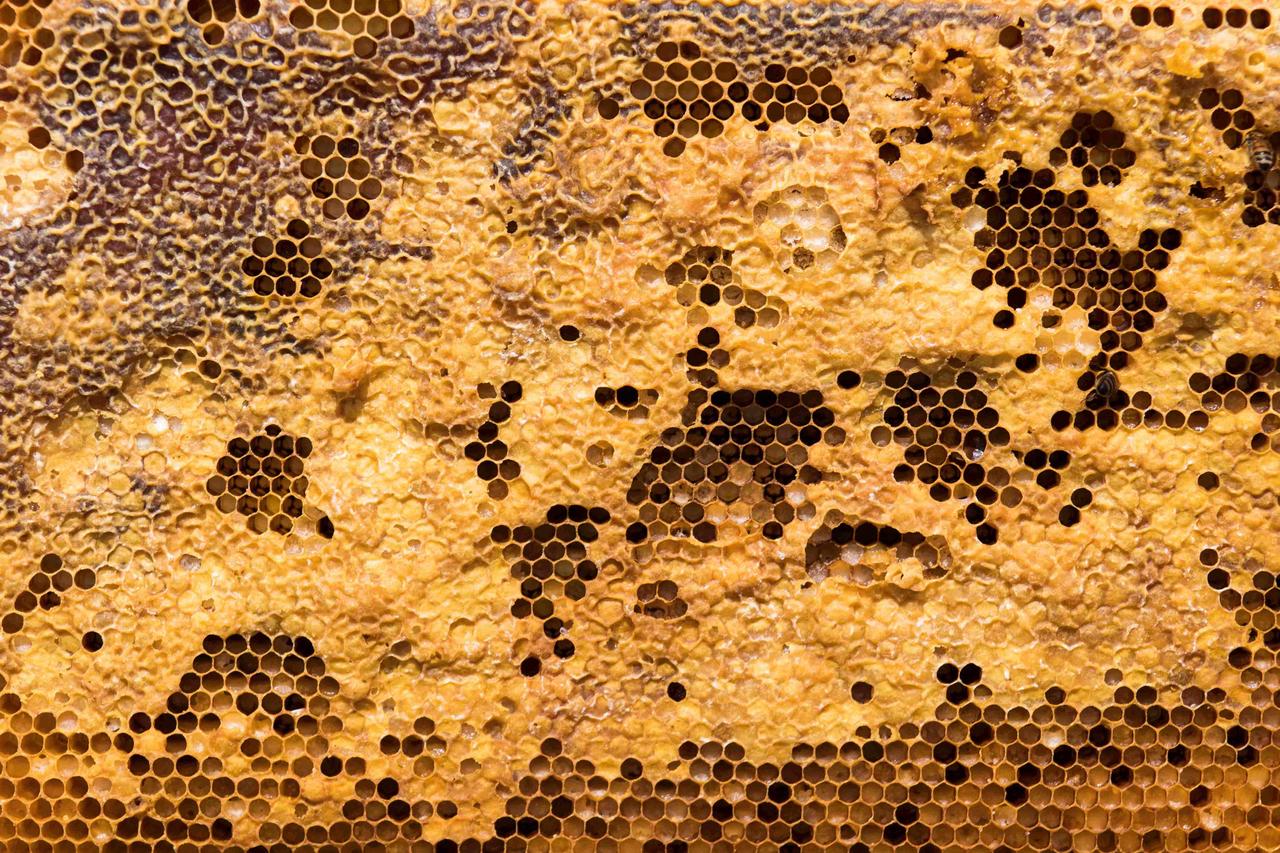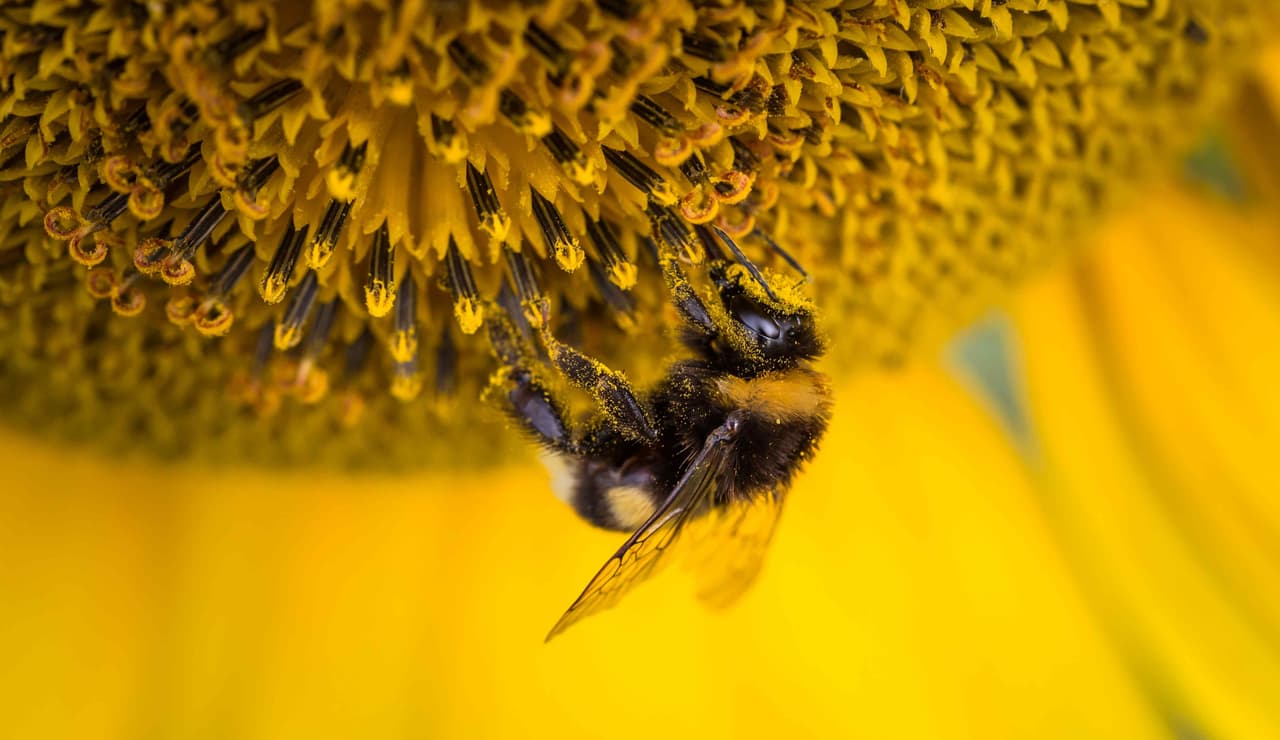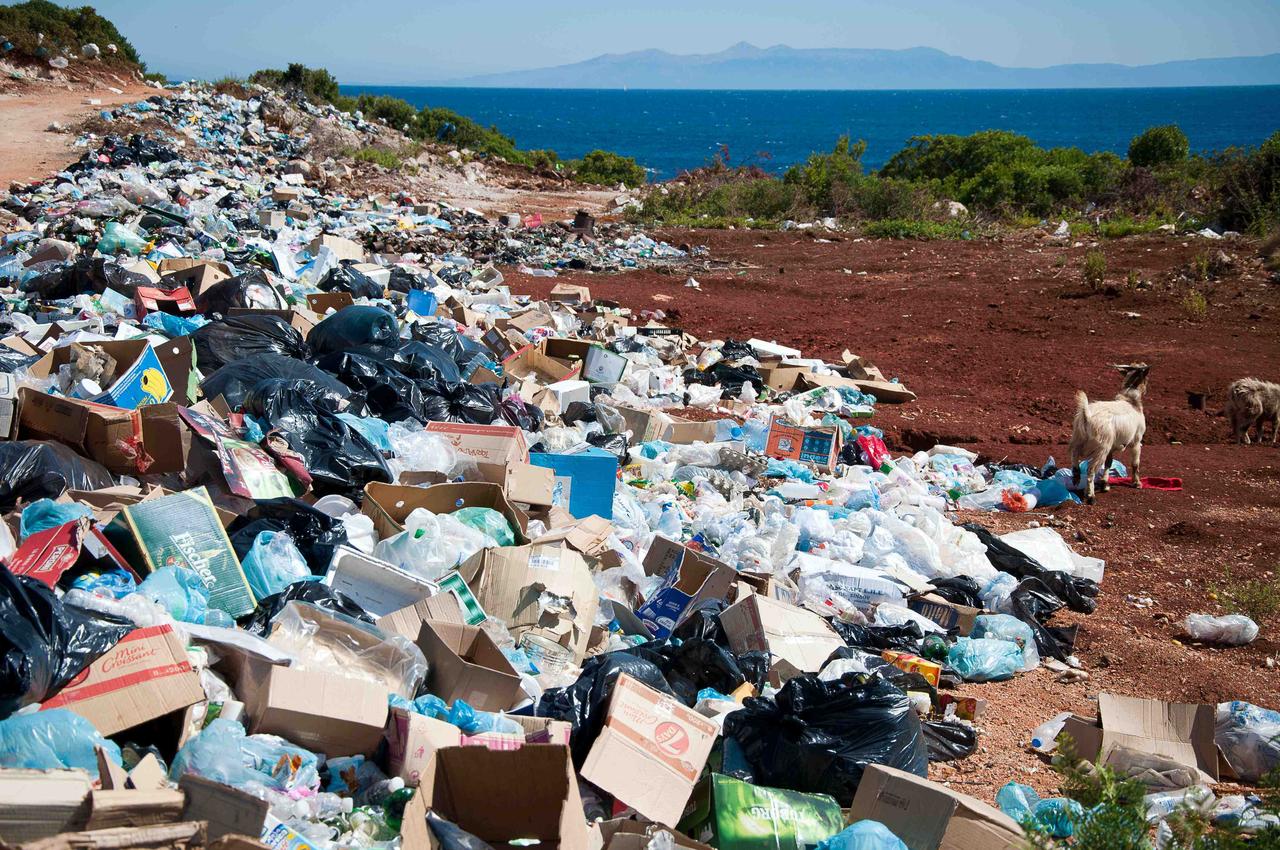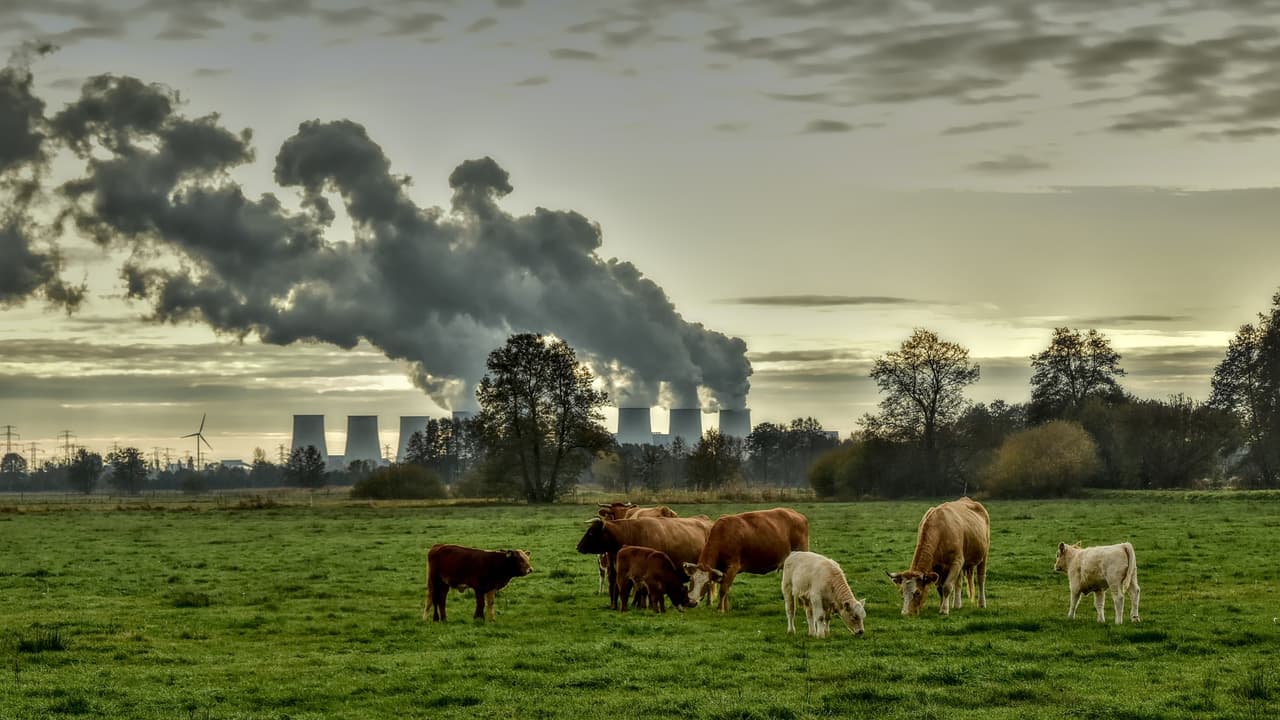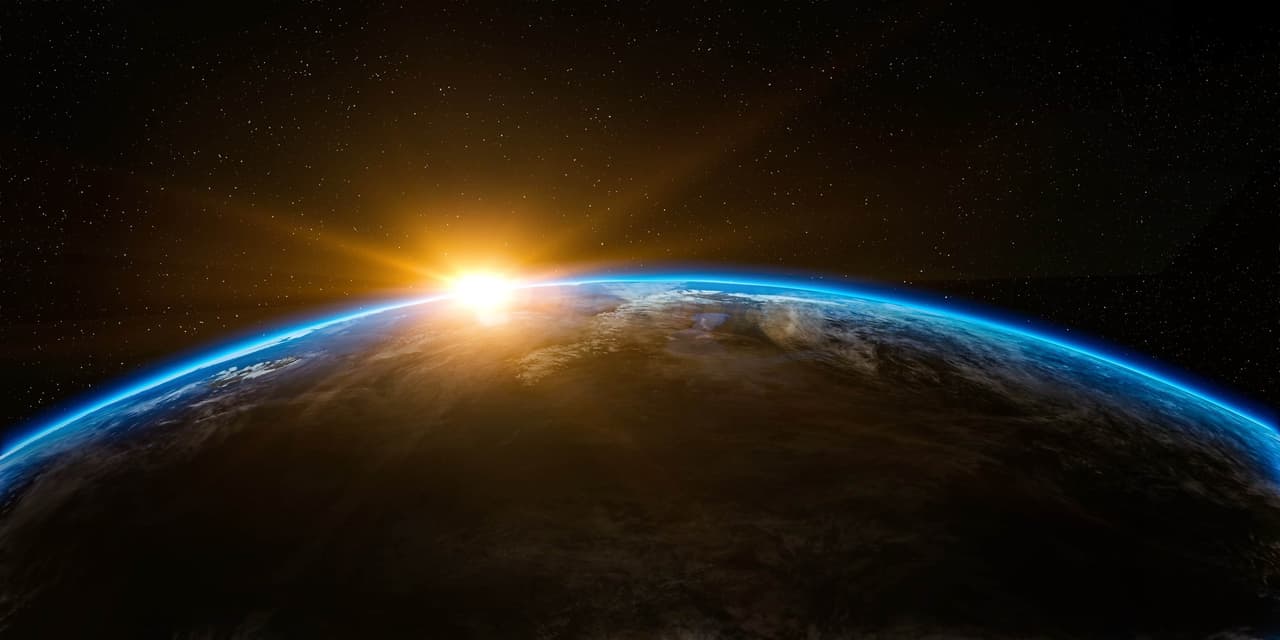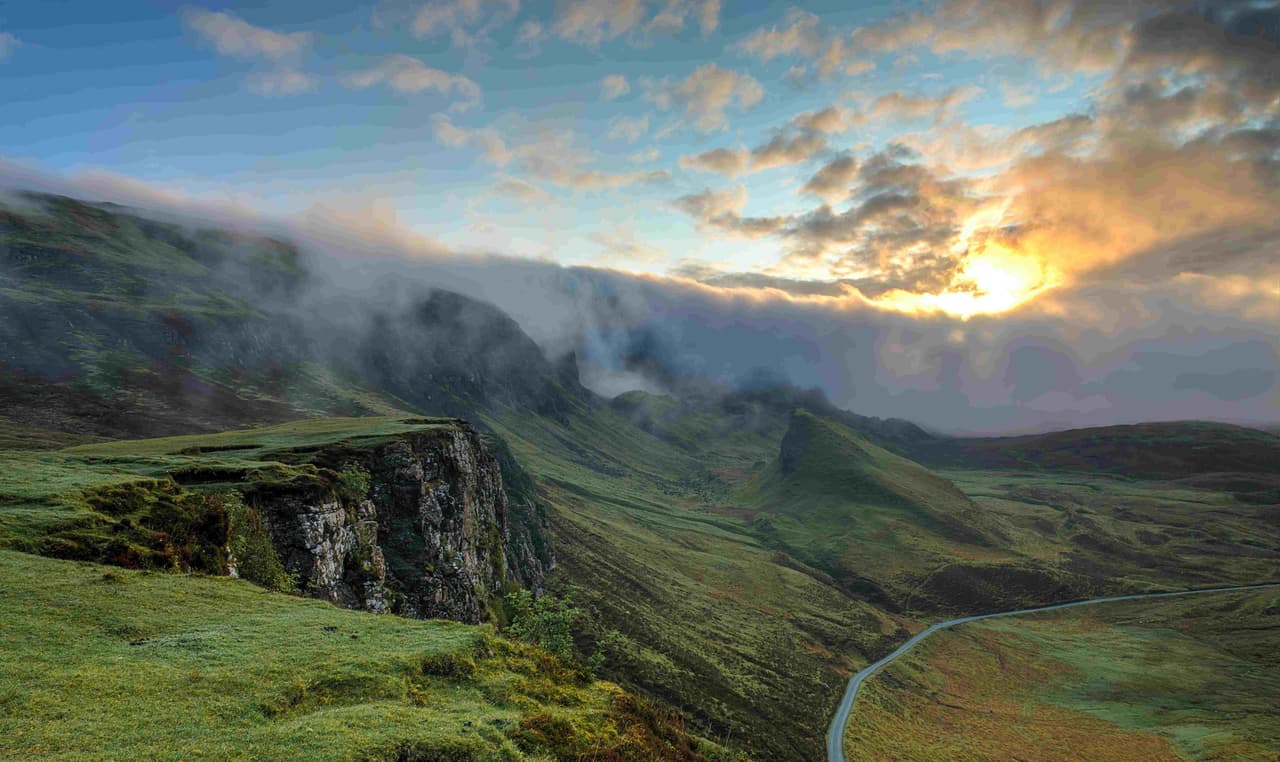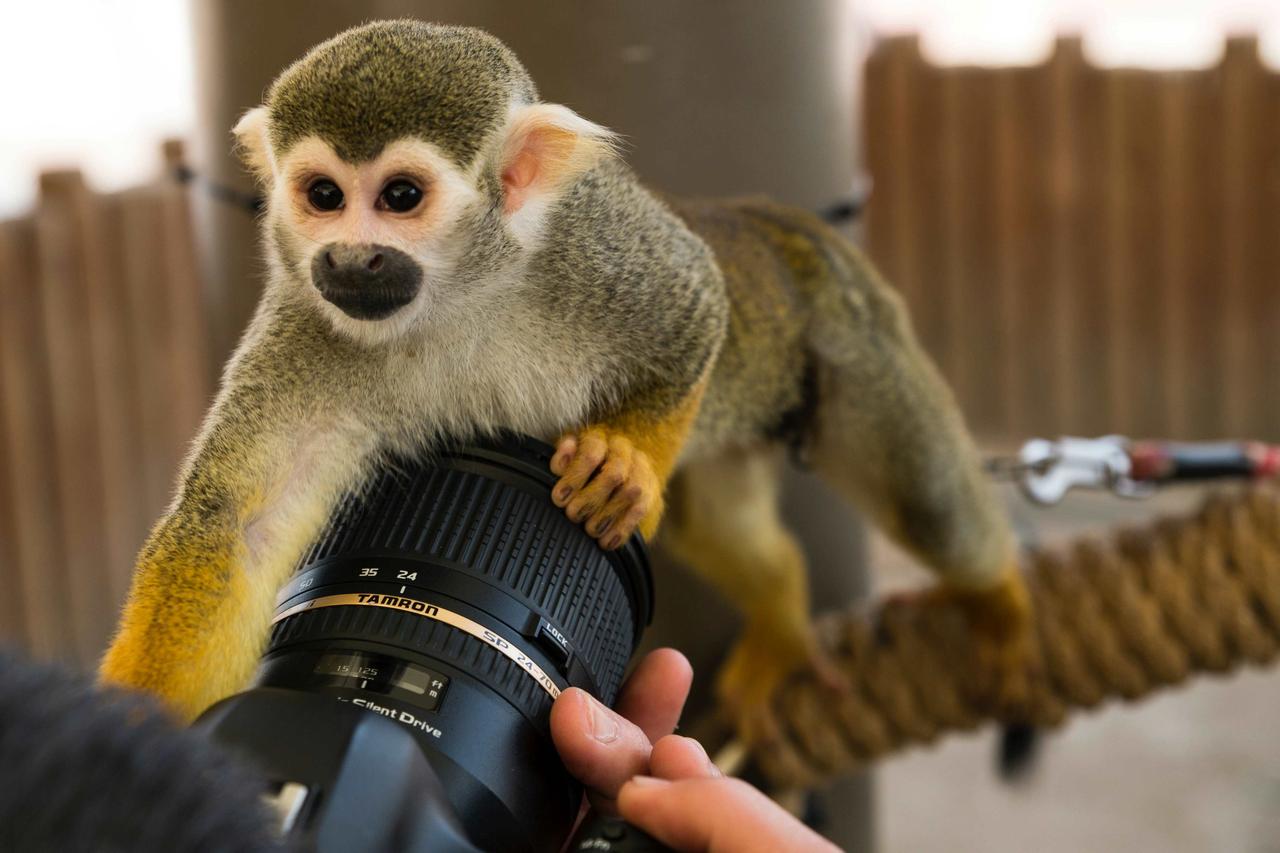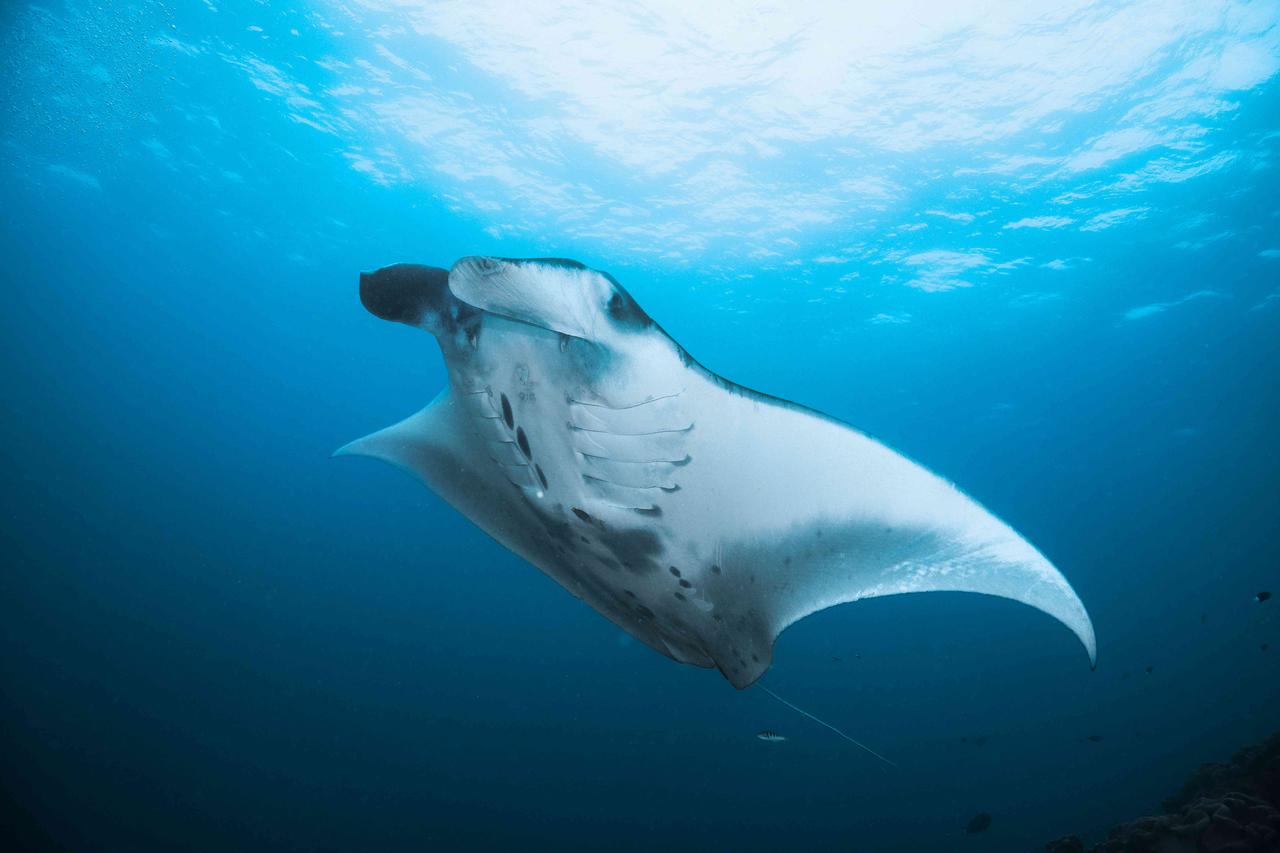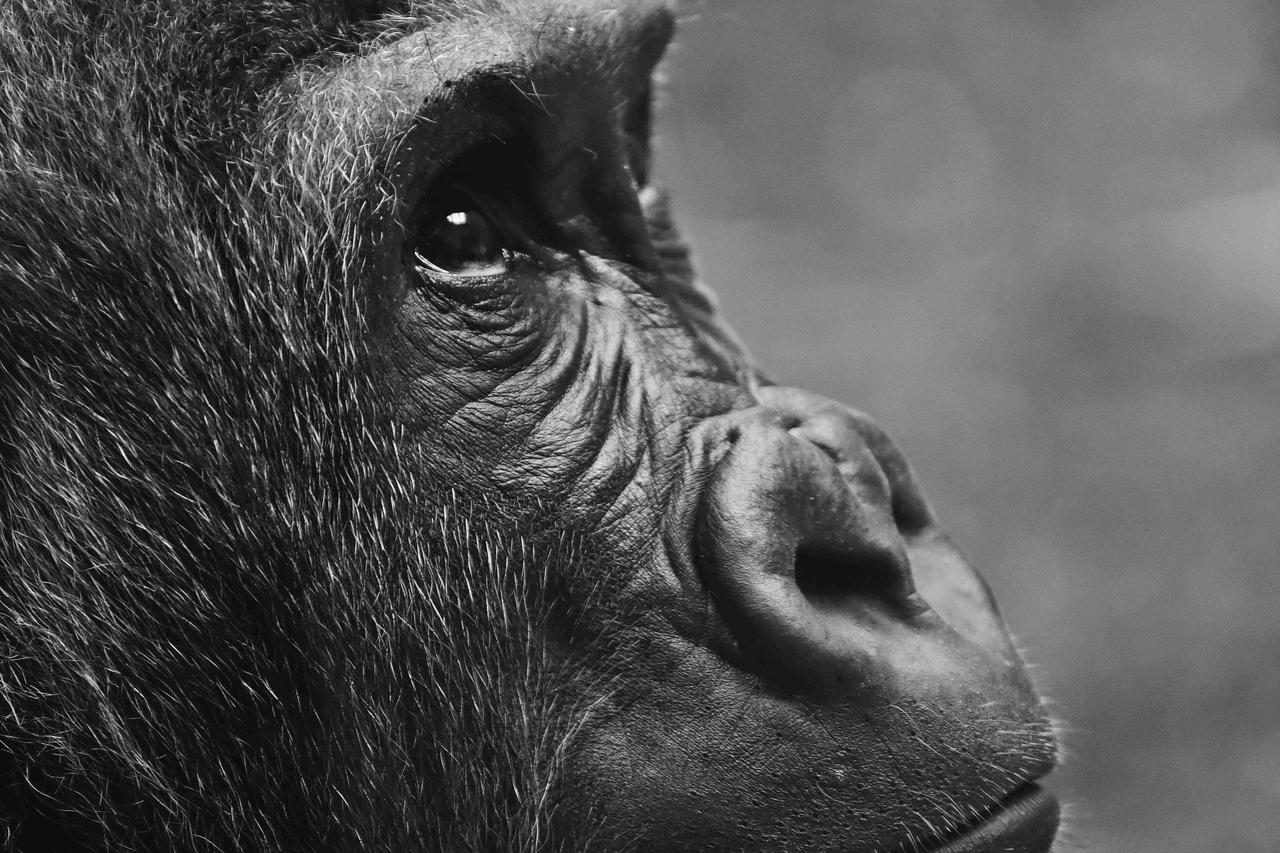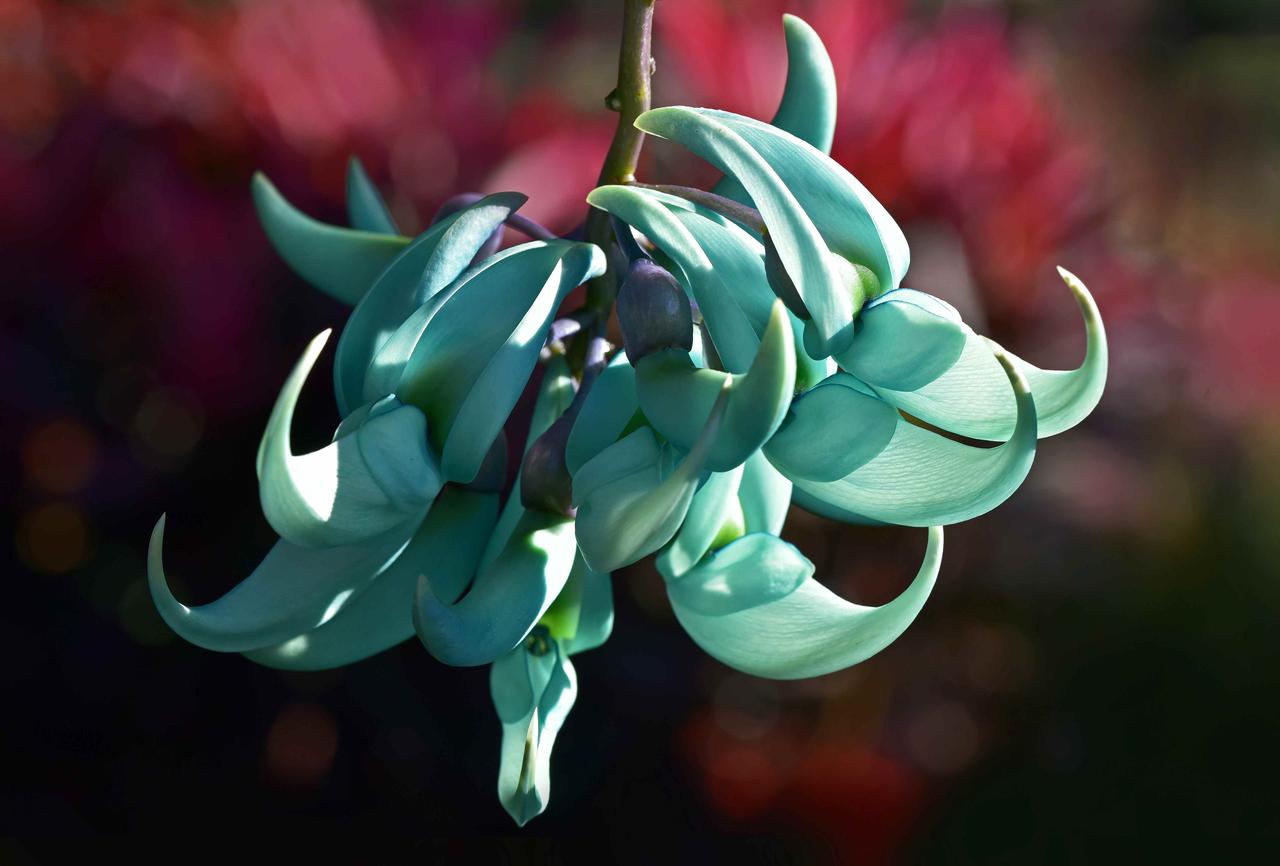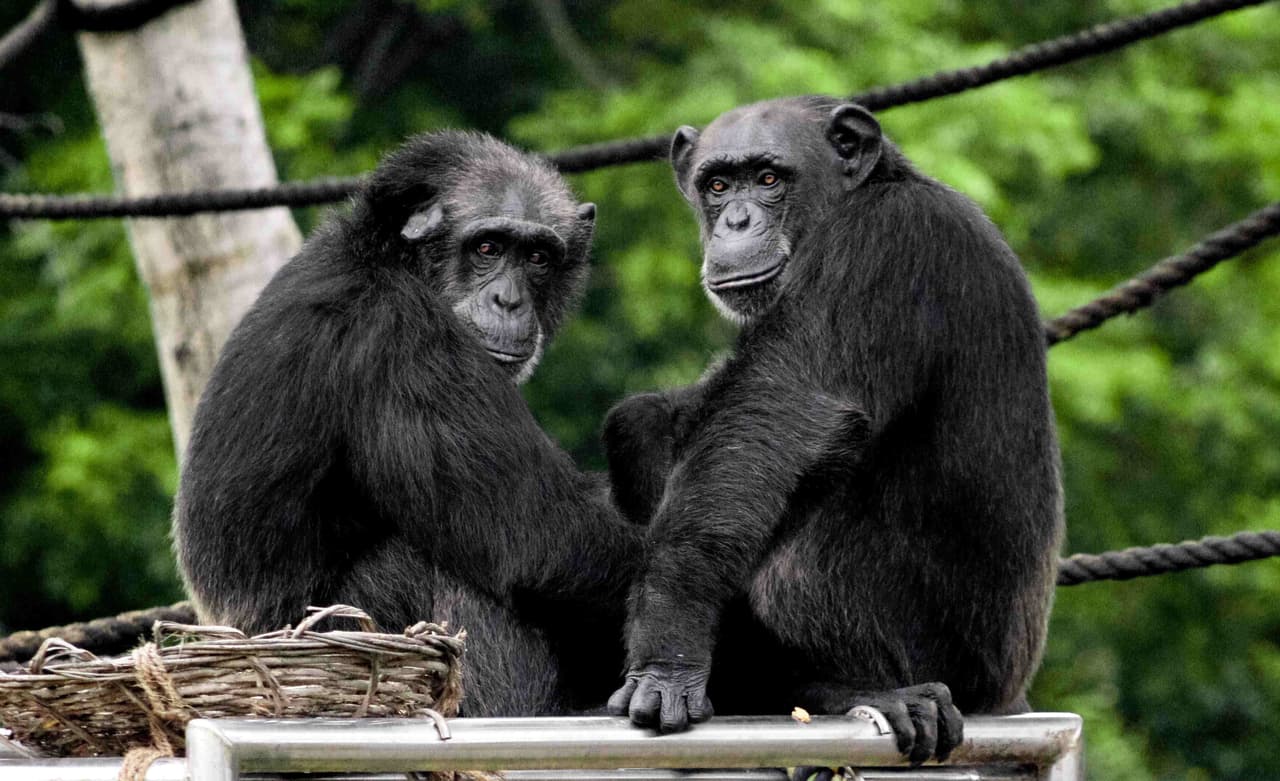
It's up to us to defend our wildlife. Take inspiration from these brave wildlife activists who fought for our future.
Our nature is in peril. Since 1970, it's estimated that nearly 70% of wildlife has been eliminated due to human activity. If this pattern were to continue — one-third of all species could go extinct by 2070.
It's always been important to fight for our planet, but it’s become crucial we take continued action. This WORLD WILDLIFE DAY, we honor the tenacity of our world’s respected wildlife activists, conservationists, and environmentalists who have paved the way for others to use their voice to help nature. Here are just a few to know:
Dr. Jane Goodall
Perhaps one of the most recognized and celebrated activists in the world, Dr. Jane Goodall is renown for her nearly 60 years of groundbreaking research and advocacy, which began with her field studies on chimpanzees in Tanzania’s Gombe Stream National Park. Through her naturalistic observations and studies, Goodall discovered something no other human had seen before: chimpanzees creating and utilizing tools. It was from these observations, Goodall opened a window into the world of complex animal behavior and intelligence, changing our perceptions of how animals relate to ourselves. In 1977, she founded the Jane Goodall Institute to continue her life work, as well as bring together individual action and species conservation.
Dr. Sylvia Earle
Dr. Sylvia Earle has often been referred to as “Her Deepness.” And that is because the National Geographic Explorer-in-Residence holds the record for the deepest walk on the sea floor! As one of the most renown marine biologists on the planet, Earle’s love of the ocean transformed into her ongoing life’s work: saving them. She has spent nearly seven decades exploring and advocating for the world’s oceans; it’s from her over 100 expeditions, 7,000+ hours underwater, and more than 200 publications, the world is now more aware of how urgently we need to protect them. She was the former first female chief scientist for the US National Oceanic and Atmospheric Administration (NOAA), where she campaigned for ocean protection and established protected marine areas. Today, she is the President and Chairman of Mission Blue and the Sylvia Earle Alliance, where she continues to educate and inspire action in order to protect the ocean. She was named the first “Hero for the Planet” by Time Magazine in 1988.
Dr. Dian Fossey
Dr. Dian Fossey is a conservationist and researcher who dedicated her entire life to the mountain gorillas of Rwanda. After establishing her research facility, Karisoke Research Center in 1967, she began her efforts to rescue mountain gorillas from poachers. She used creative methods to scare poachers — and was even brave enough to confront them directly. Fossey called her approach “active conservation,” stressing the importance of acting fast to save gorillas. Her dedication to mountain gorillas forged the path for future conservation efforts and allowed the world’s perception of gorillas to change — from once perceived as vicious creatures to now docile ones in desperate need of our help. Fossey’s quest to save the mountain gorillas is detailed in her memoir, Gorillas in the Mist.
Dr. Lek Chailert
Dr. Lek Chailert grew up with a family elephant — a gift given to her grandfather. Her close bond to the family’s elephant instilled her passion for conservation. After graduating, she briefly worked in the tourism industry in Thailand and was disgusted by the inhumane treatment of elephants who were forced to do tricks and perform for entertainment. She eventually quit and created her own safe place for elephants in the Mae Taeng Valley. This is where hundreds of rescued elephants now call home, without the fear of mistreatment. Dr. Chailert established the Save the Elephants foundation to continue her conservation efforts. She was named one of six Women Heroes of Global Conservation in 2010 and has been recognized by a variety of publications, including TIME magazine. Her conservation journey for elephants has been retold for the screen in the 2018 documentary Love and Bananas.
Peter Singer
Peter Singer is recognized for his 1990 book, Animal Liberation: A New Ethics for How We Treat Our Animals. His book encouraged readers to view farm and lab animals with empathy — a view that, at the time, was considered revolutionary. Singer’s efforts helped lead to the banning of cosmetic testing on chimpanzees and apes in the United States, as well as helped illustrate the connection between animal farming and climate change — reiterating the dangerously high release of carbon emissions from animal farms. Singer promotes the idea that conservation on an individual level should be a matter of ethics — and that we can make positive changes for our animals through our own habits.
The variety of activism and devotion to our wildlife shown in the short list above is proof that there are many ways to get involved and do your part for our planet. As Dr. Jane Goodall puts it, “Every individual matters. Every individual has a role to play. Every individual makes a difference.”
It’s time to be an activist for our wildlife. Donate now with VAKOVAKO.

